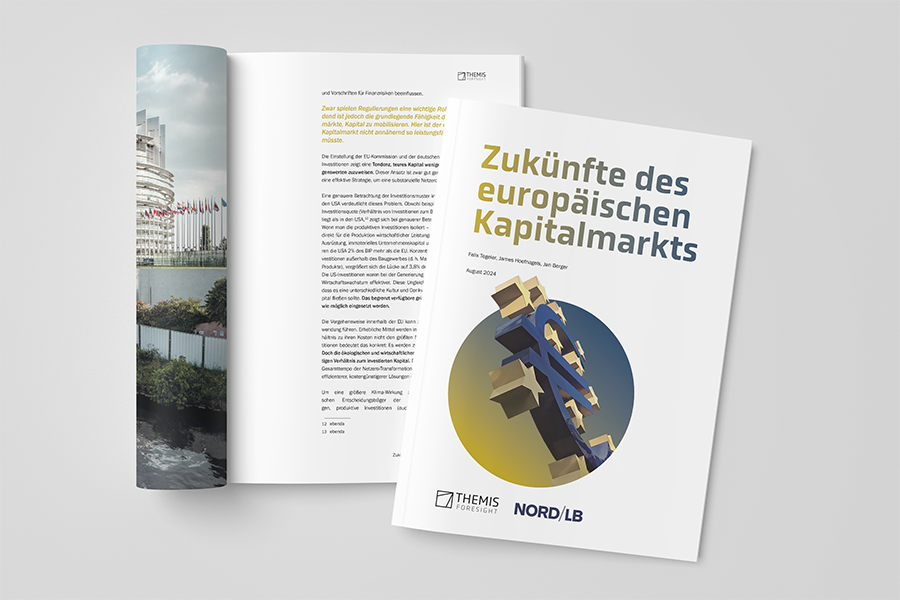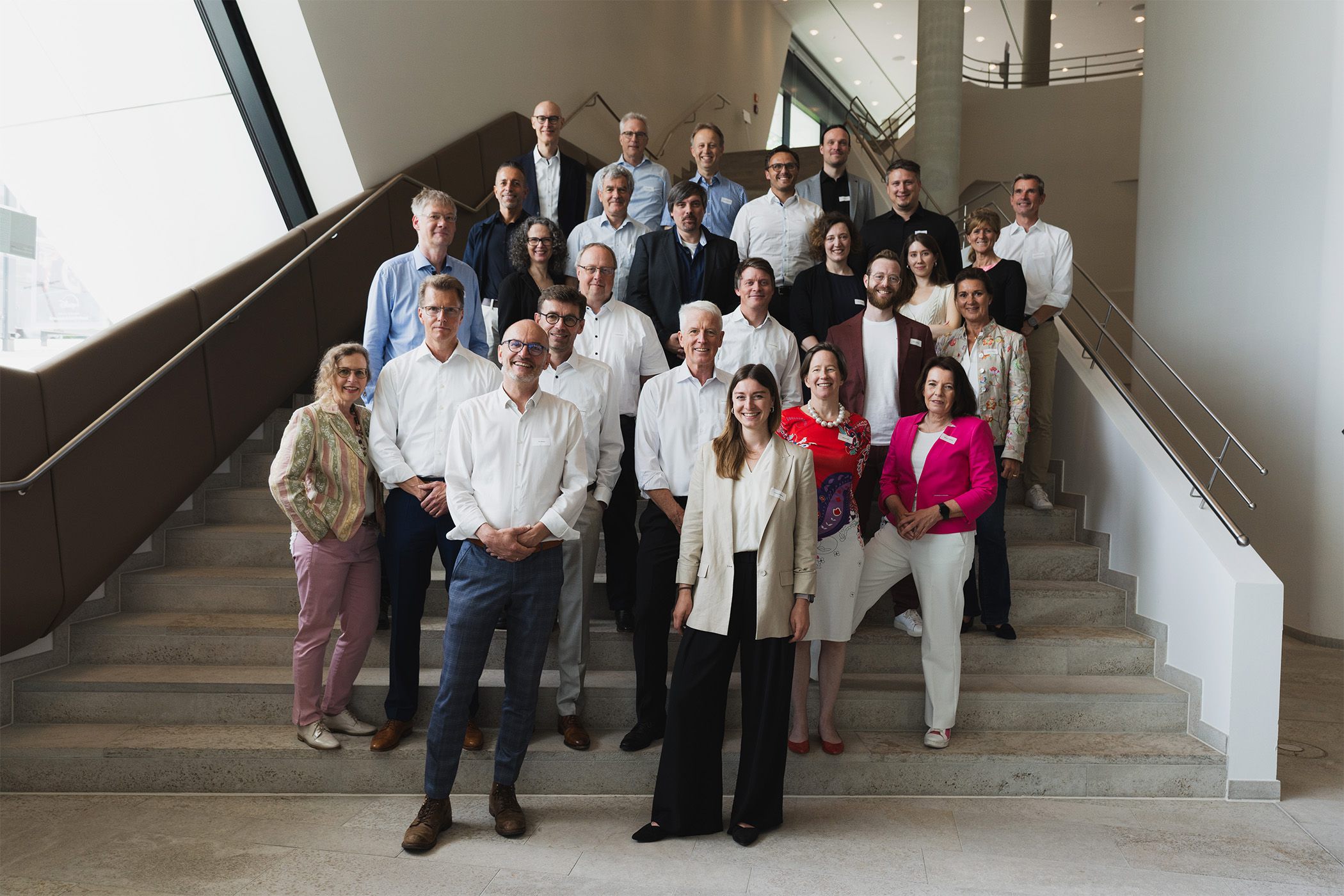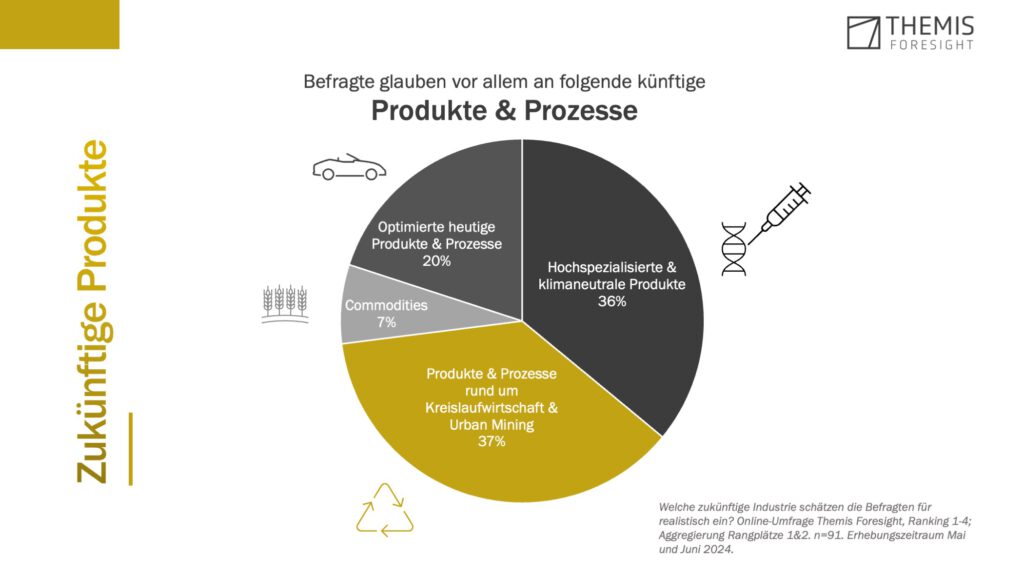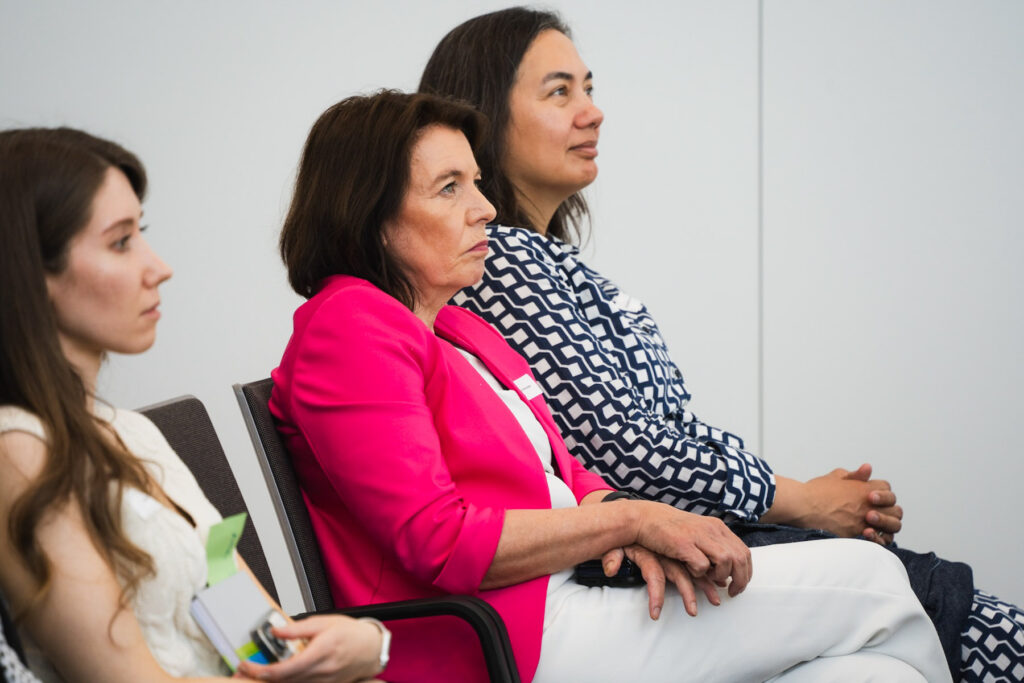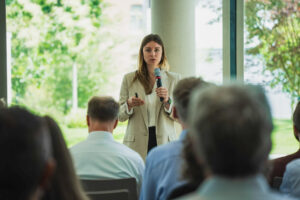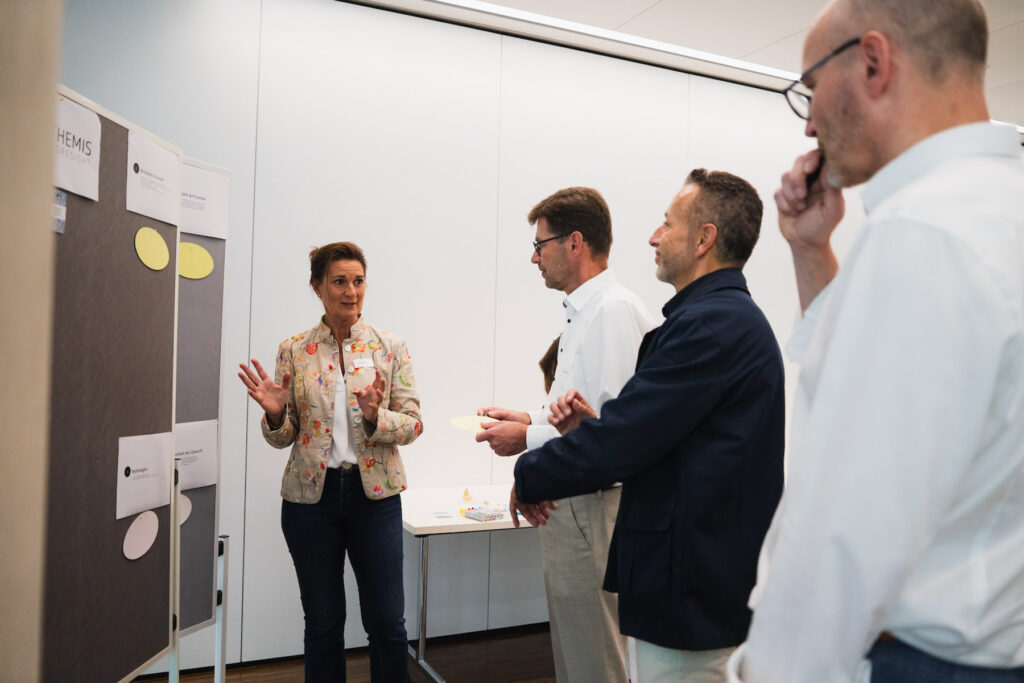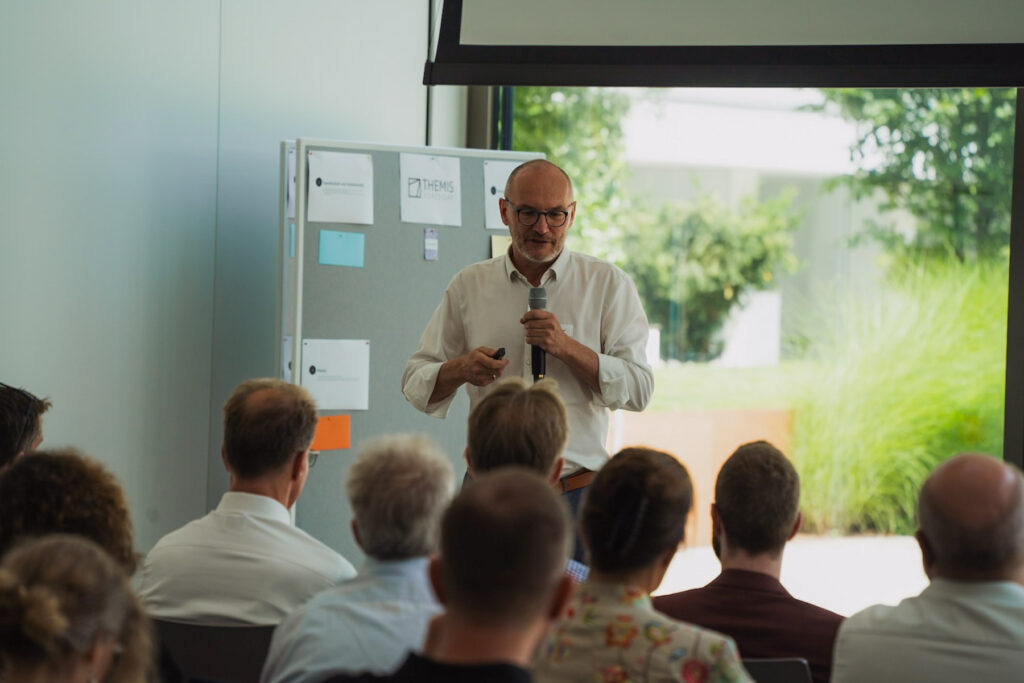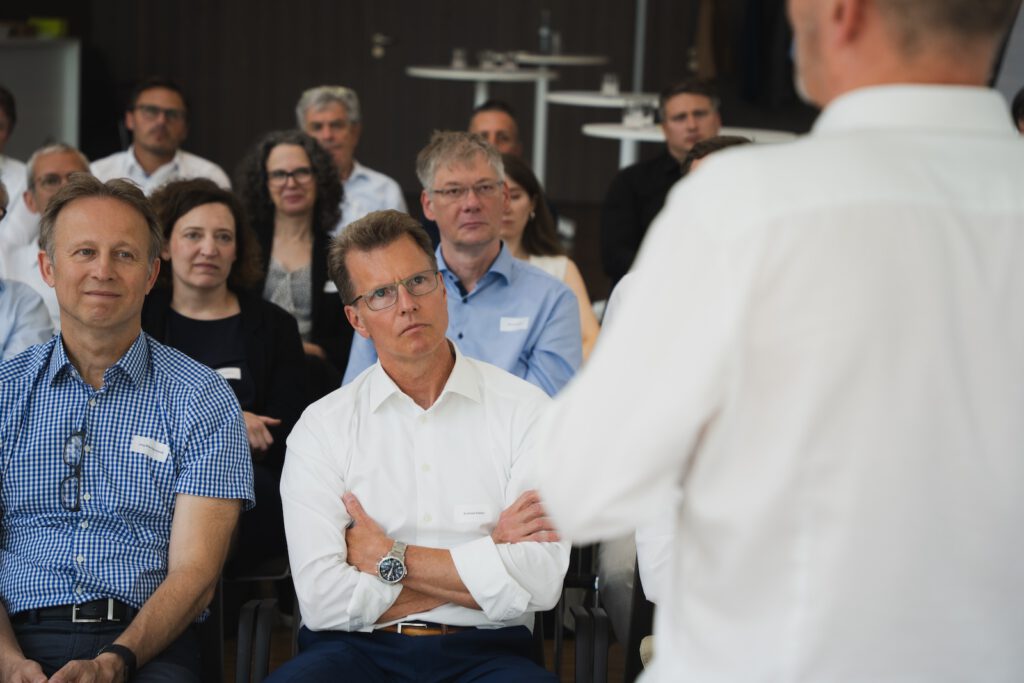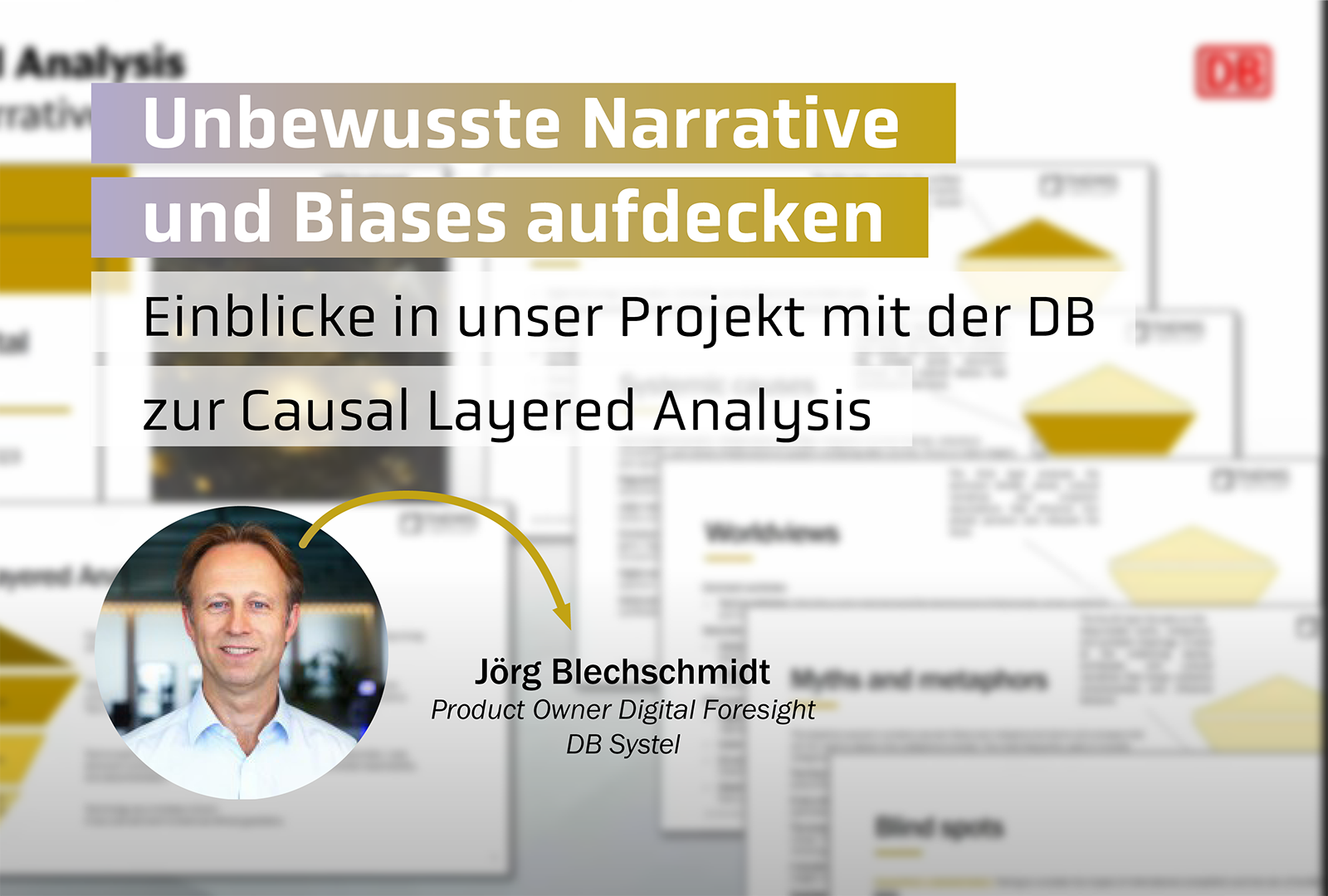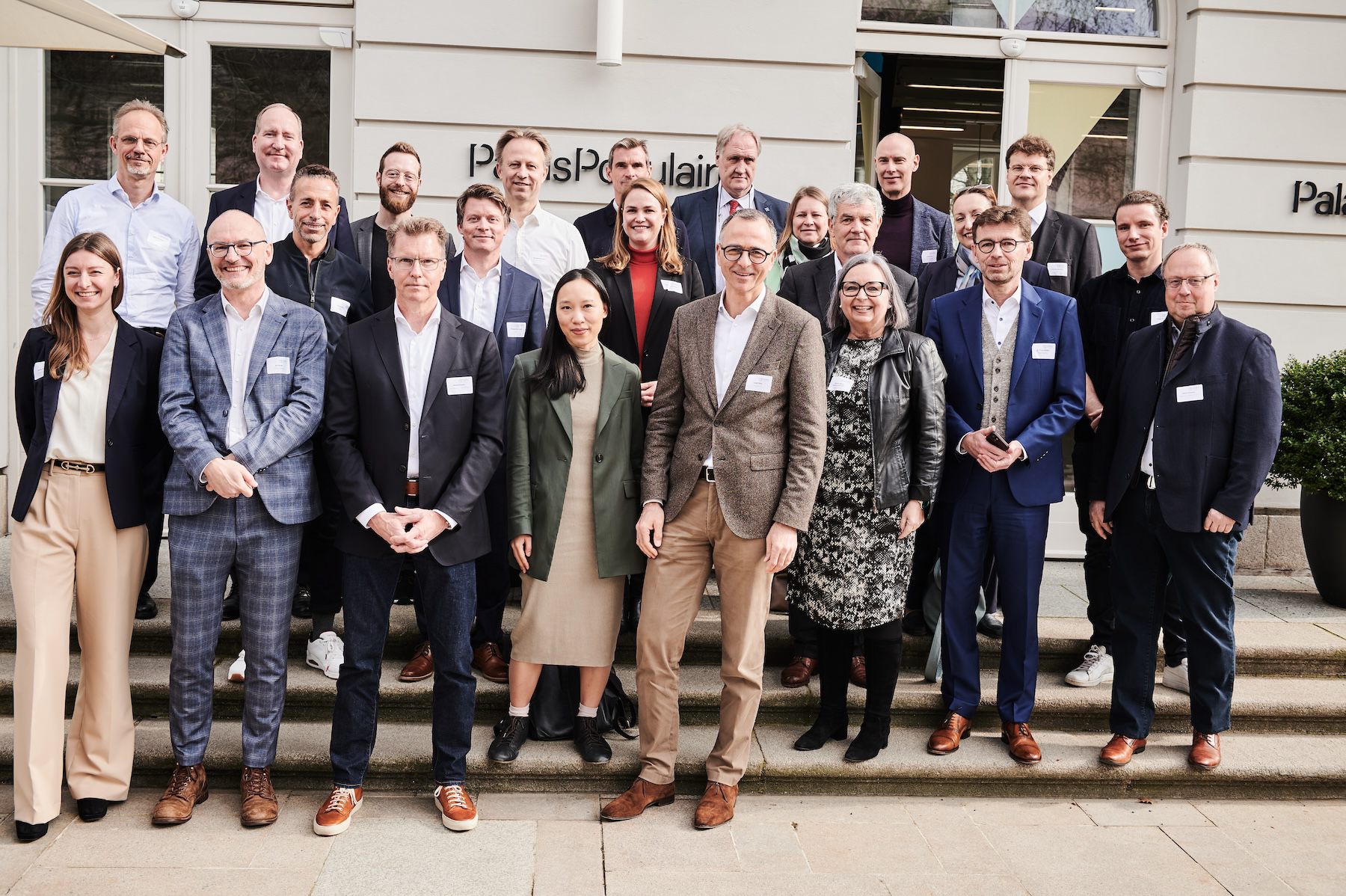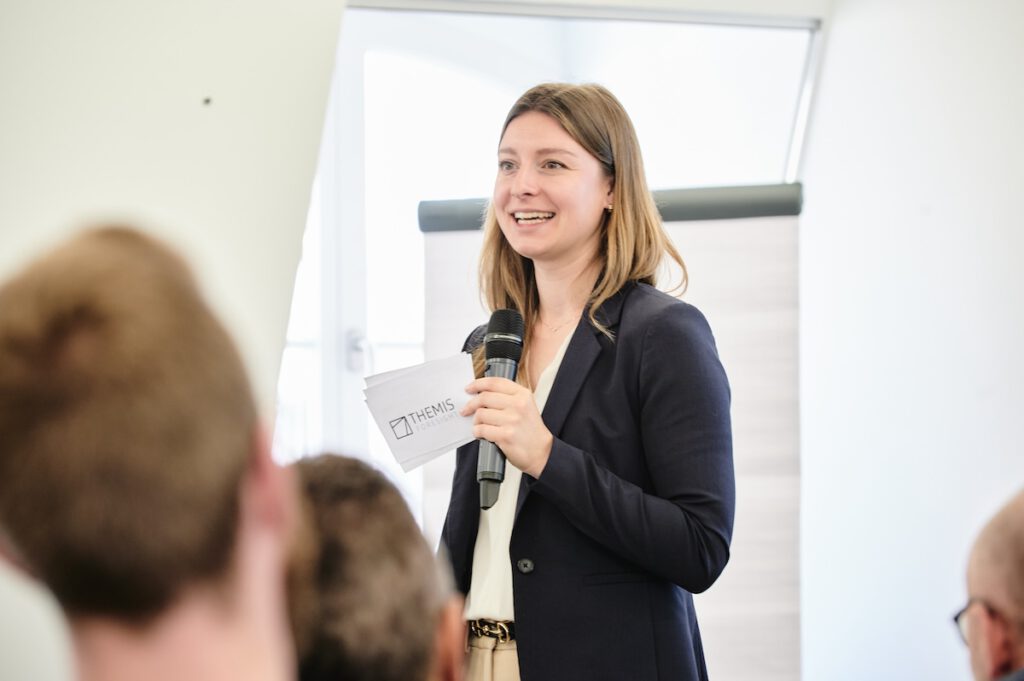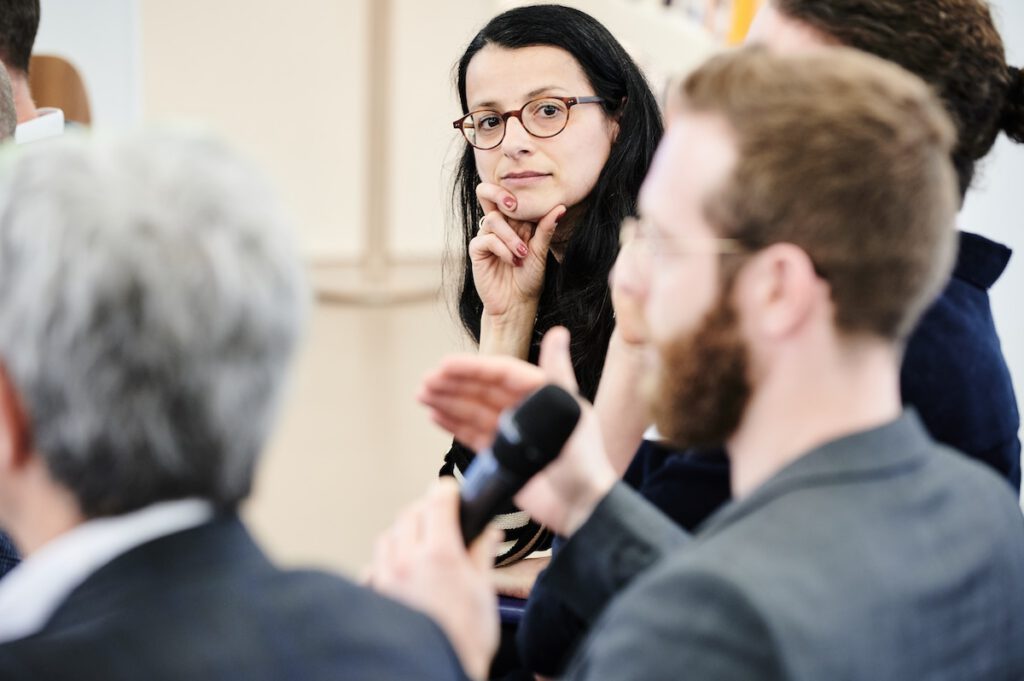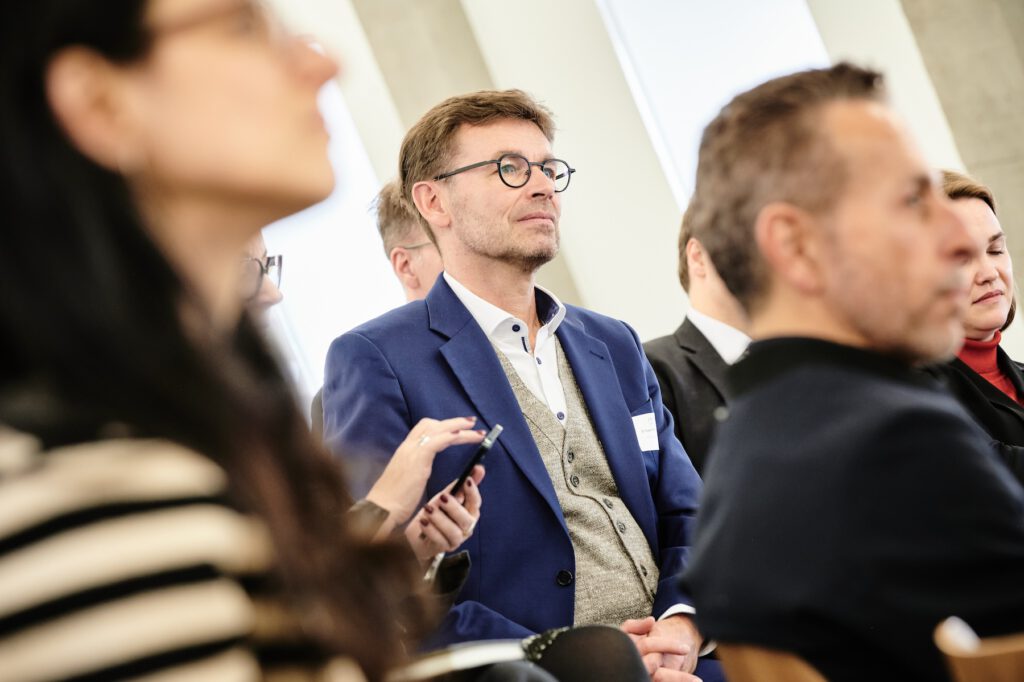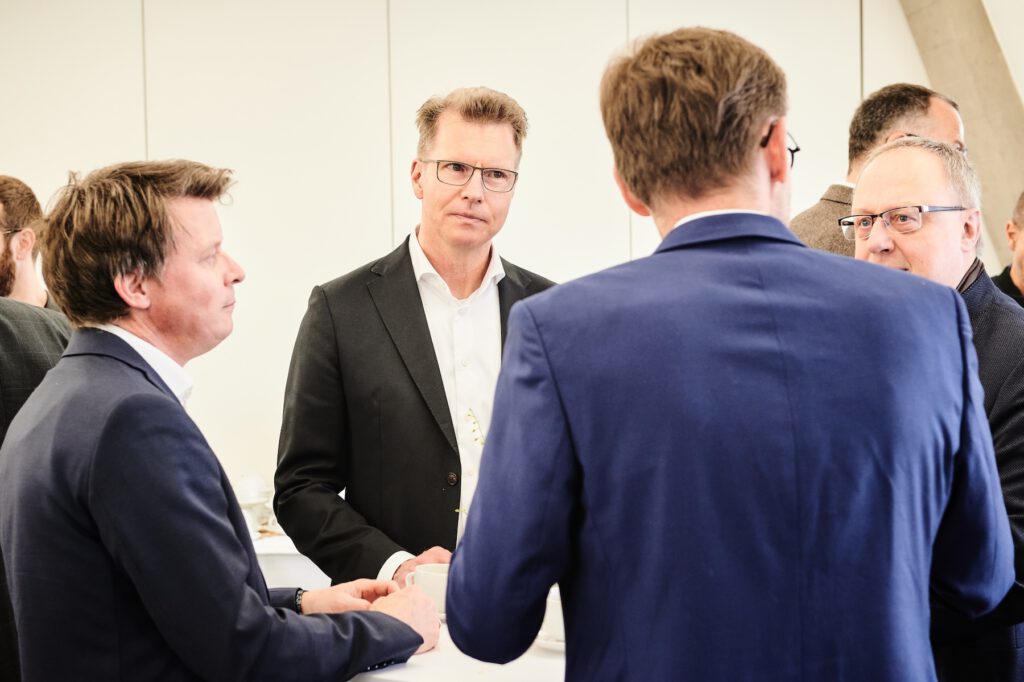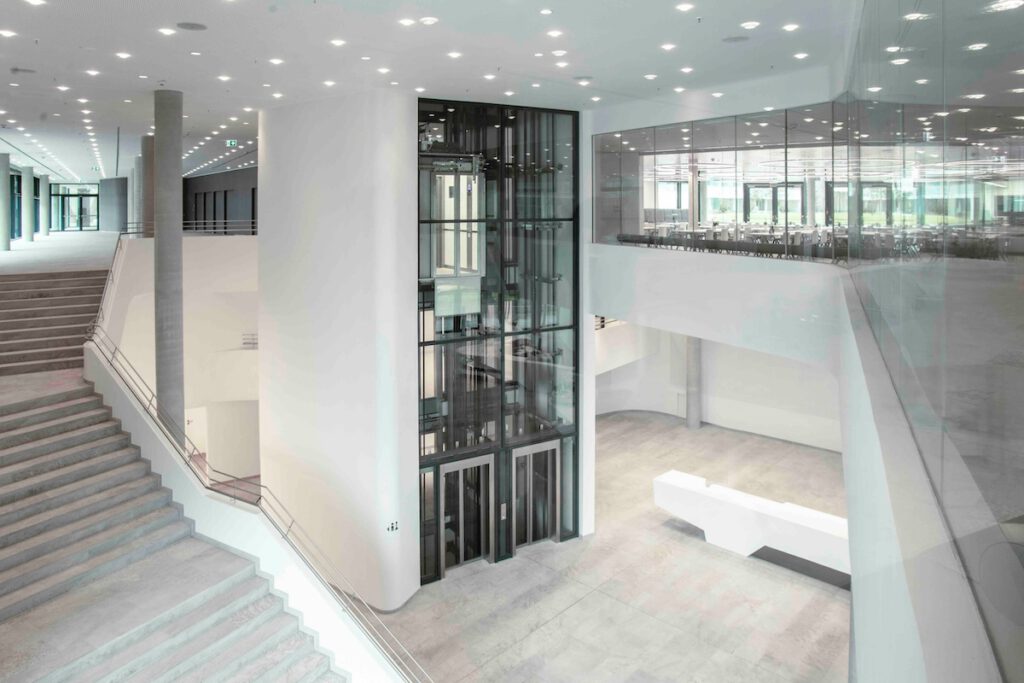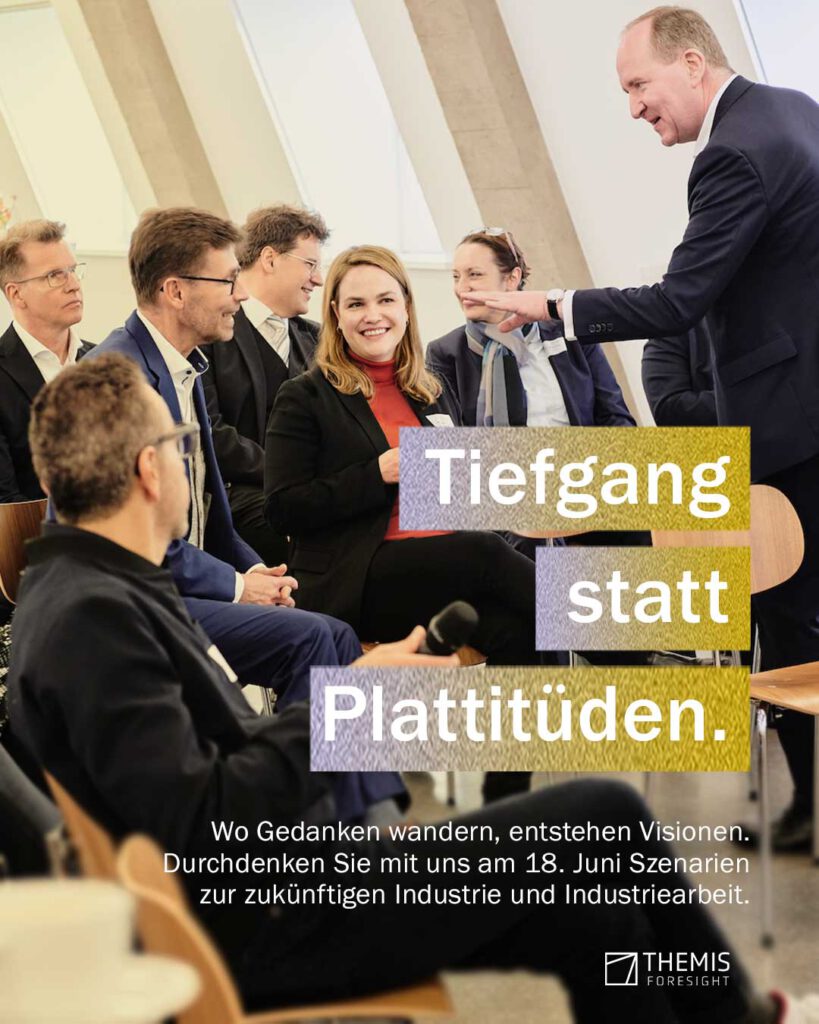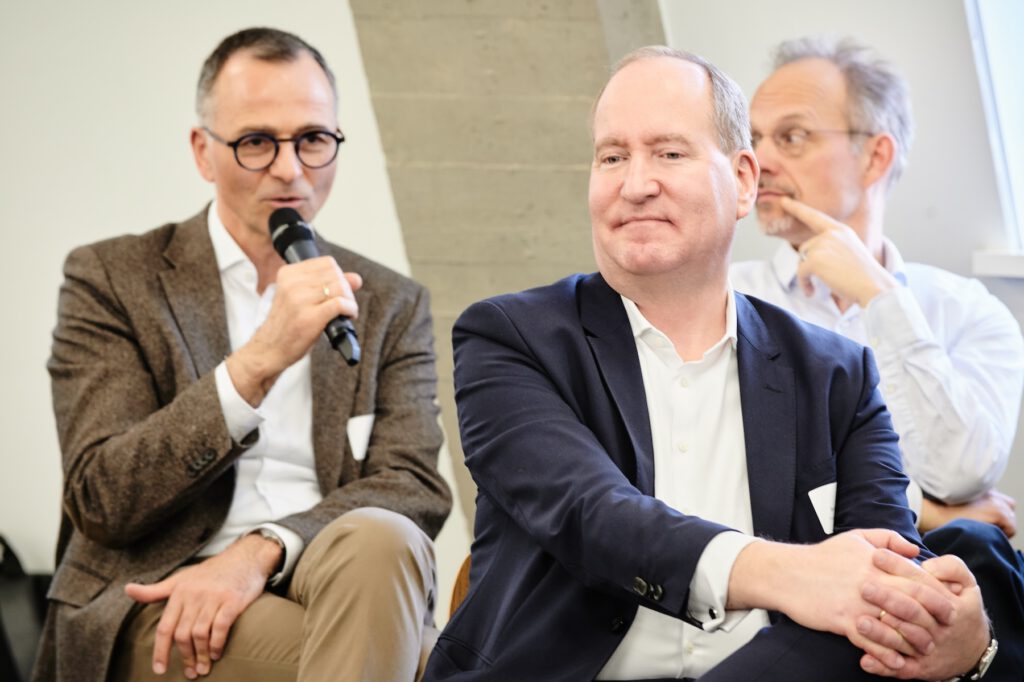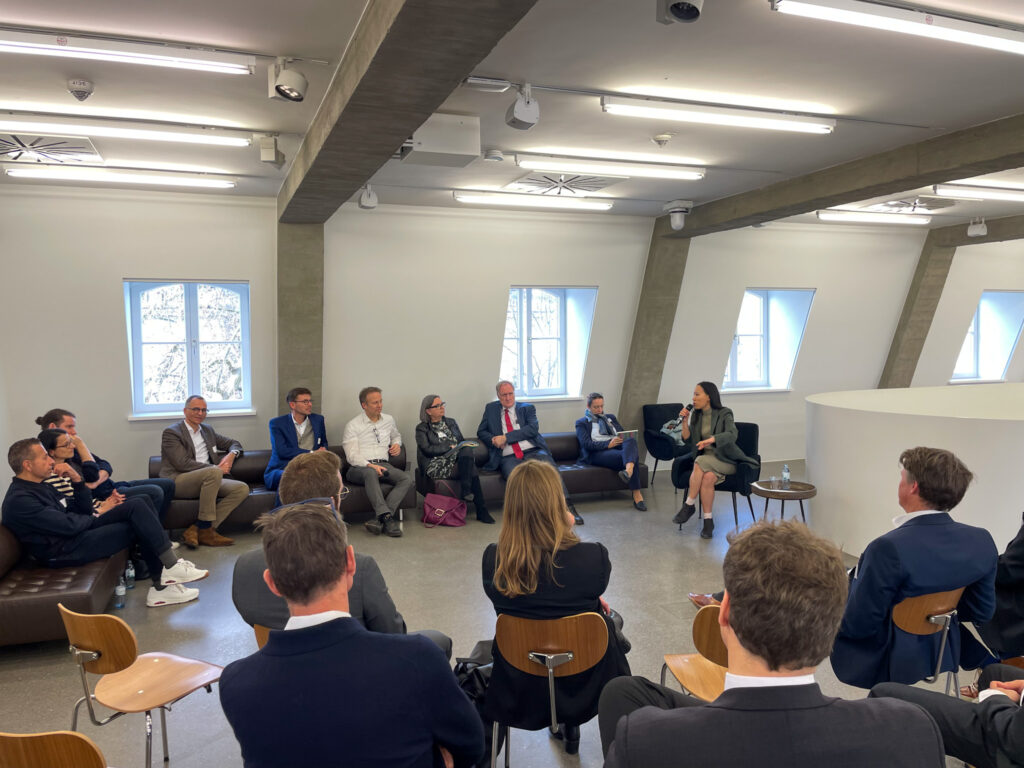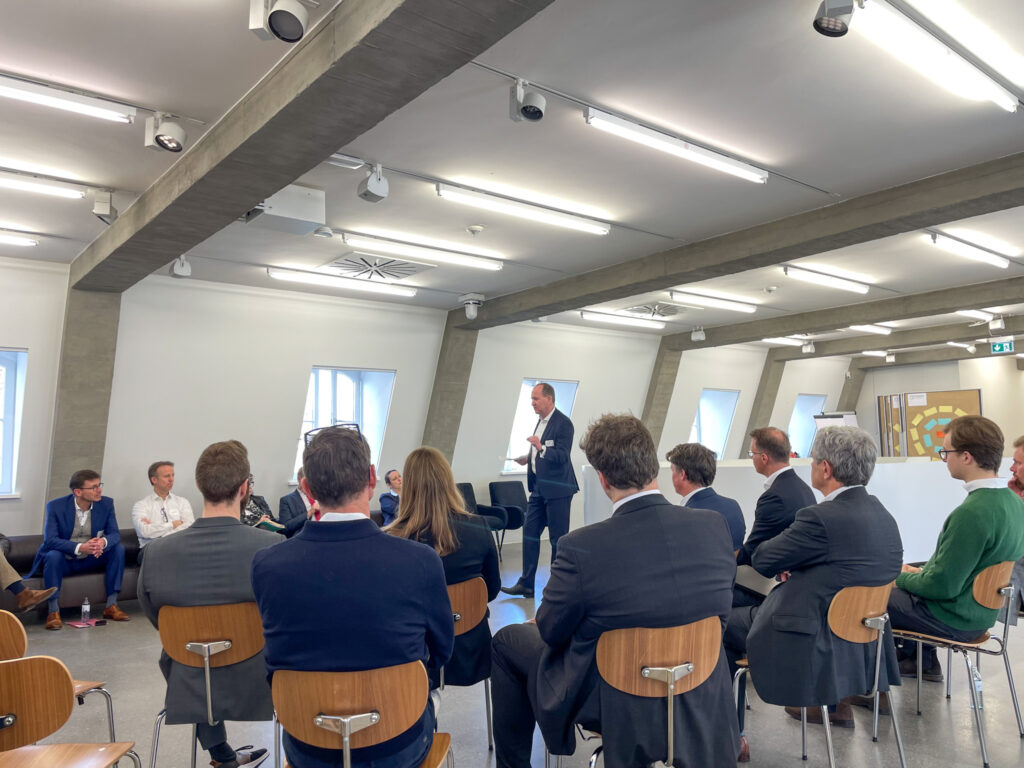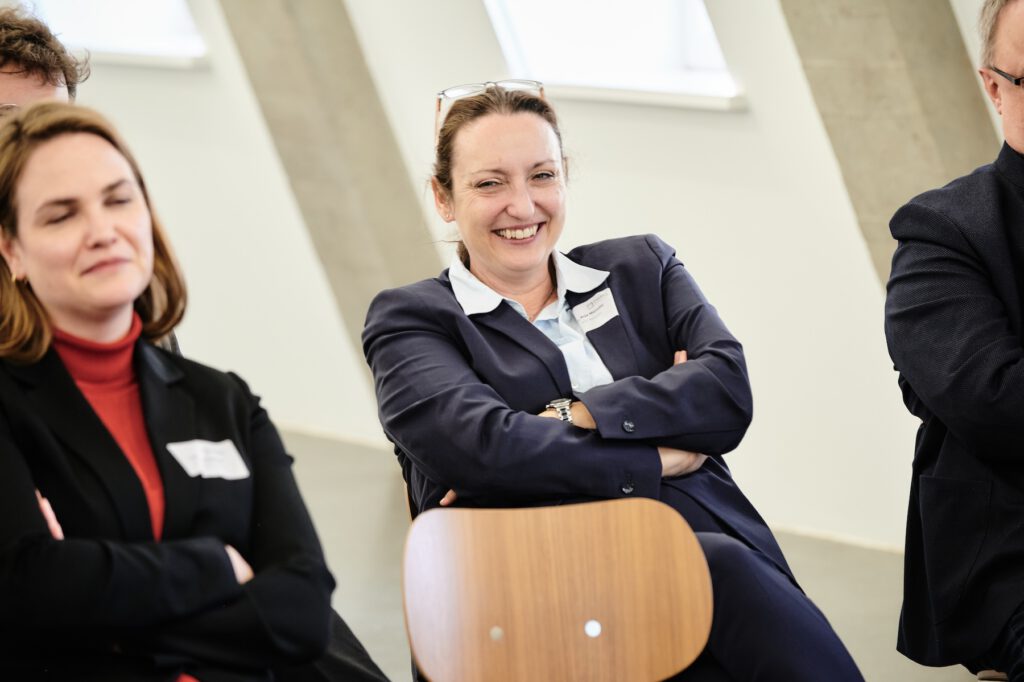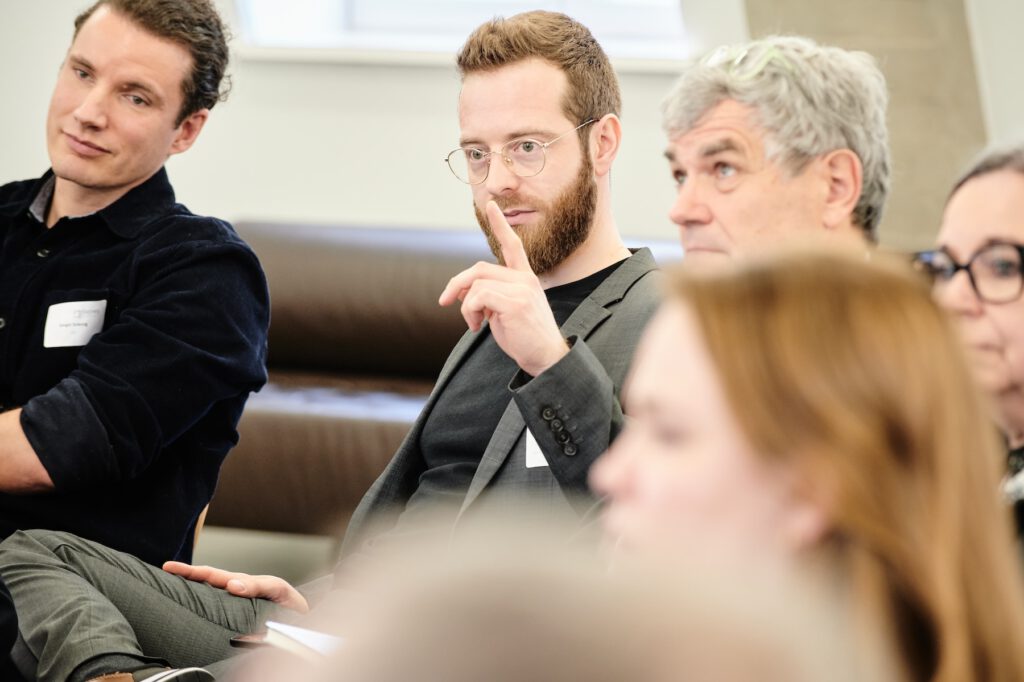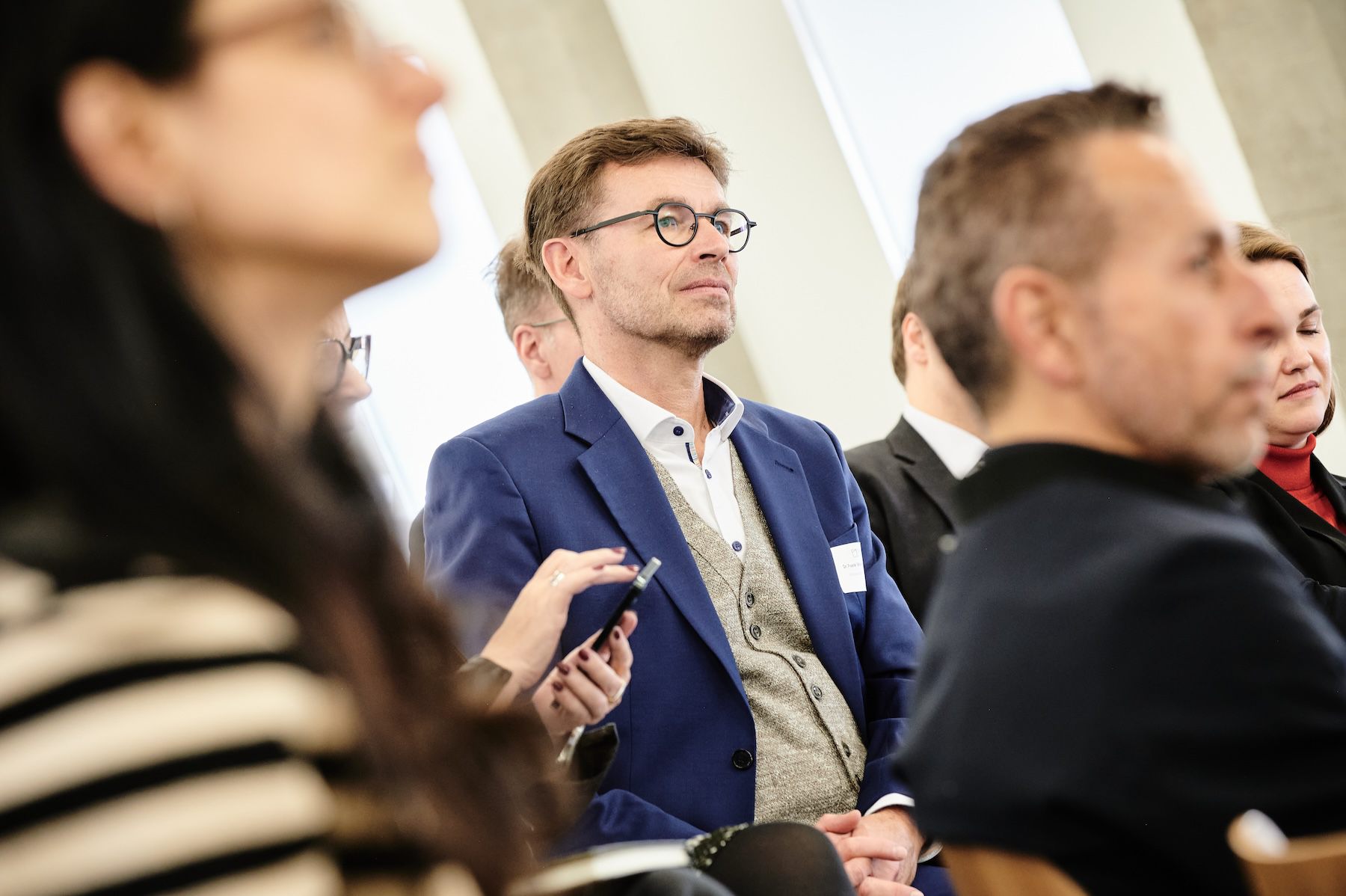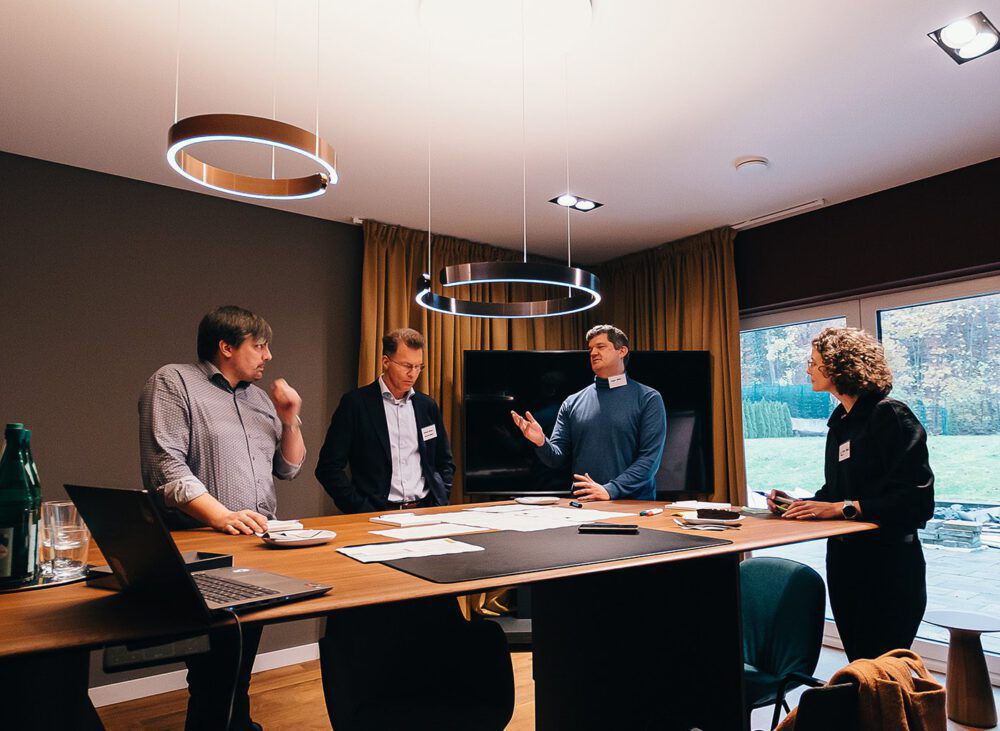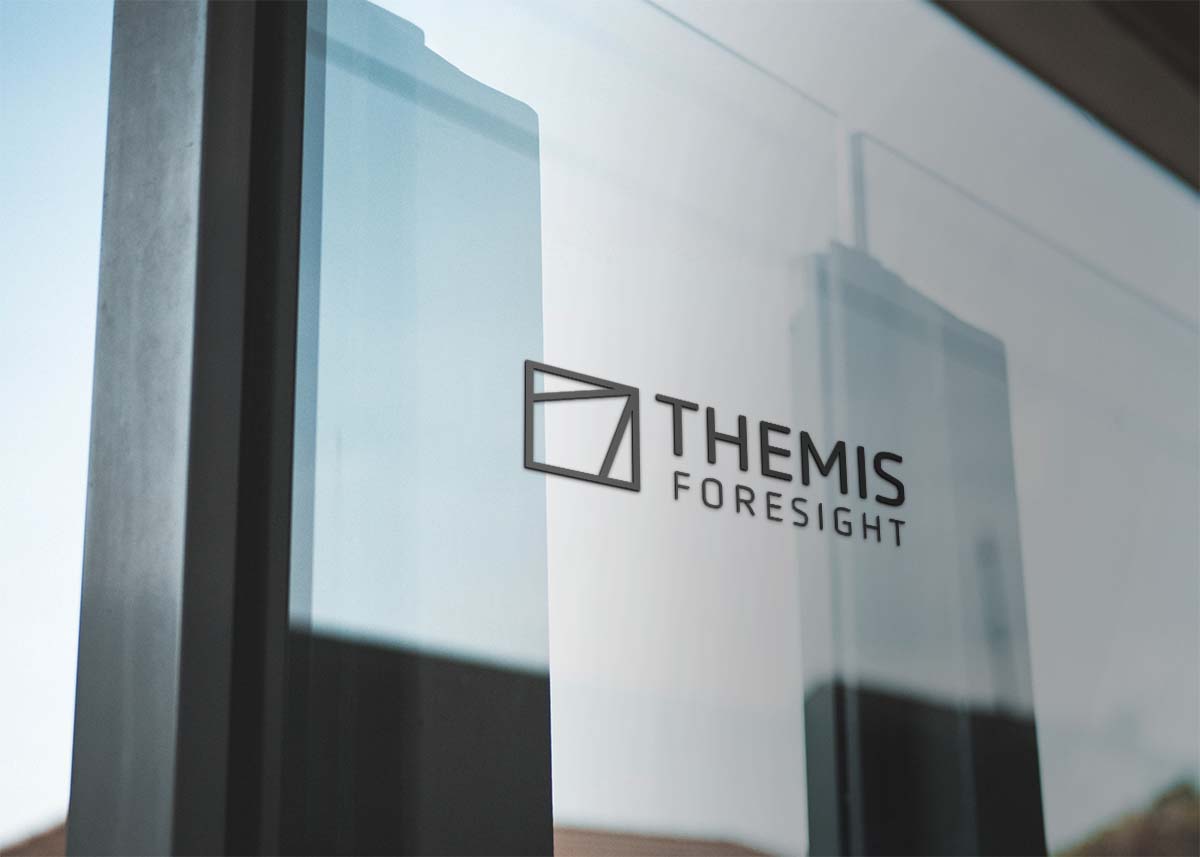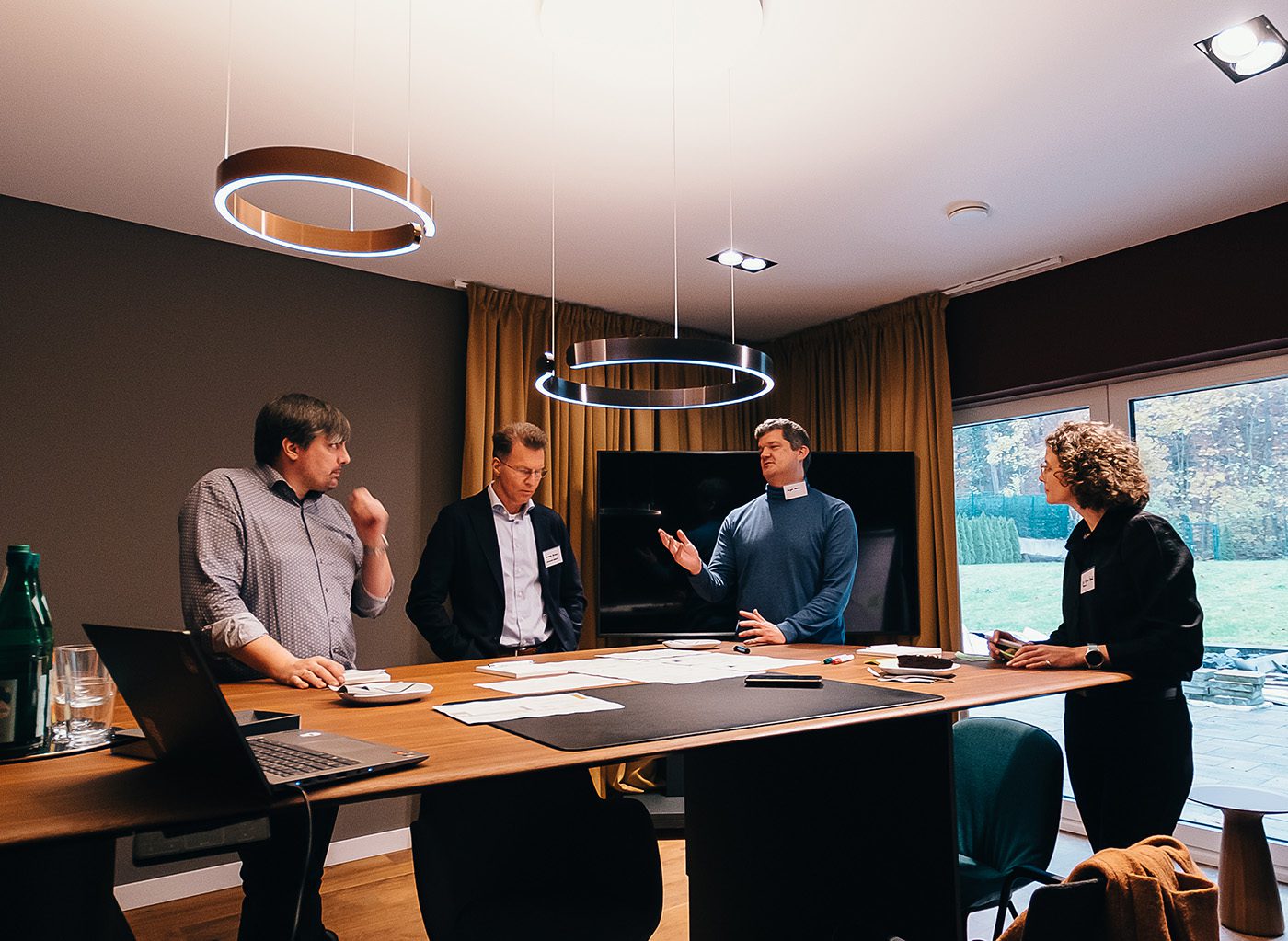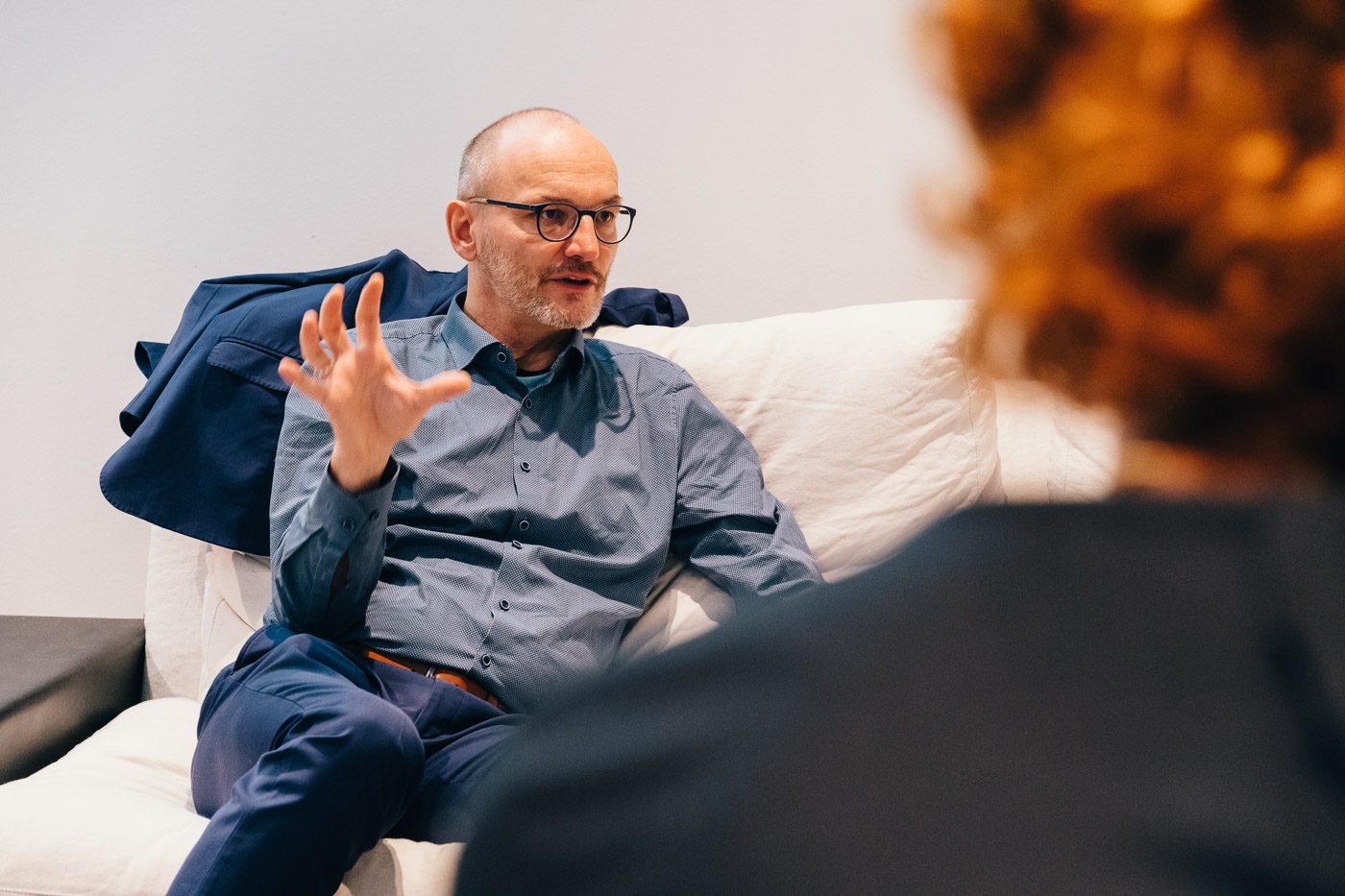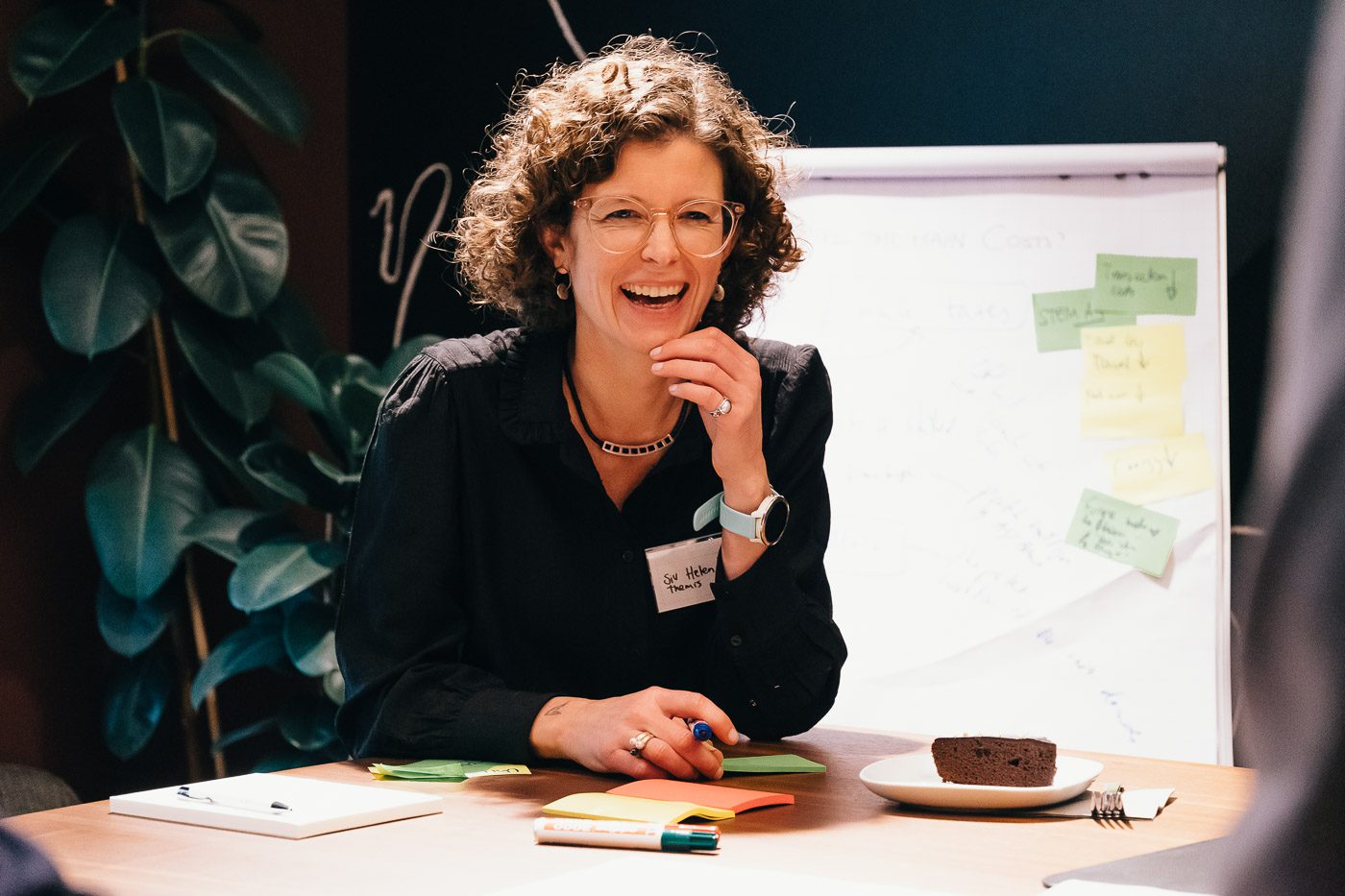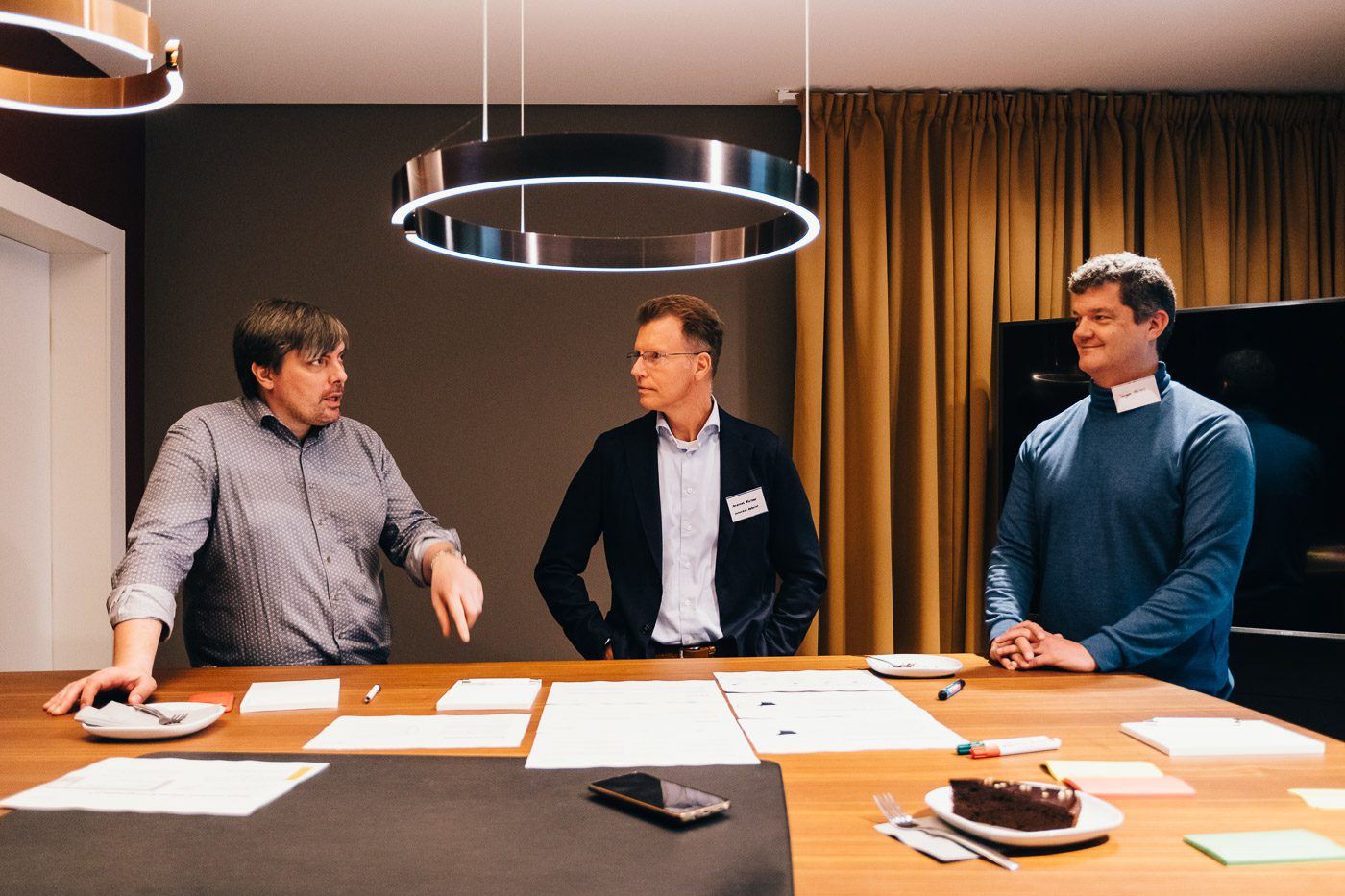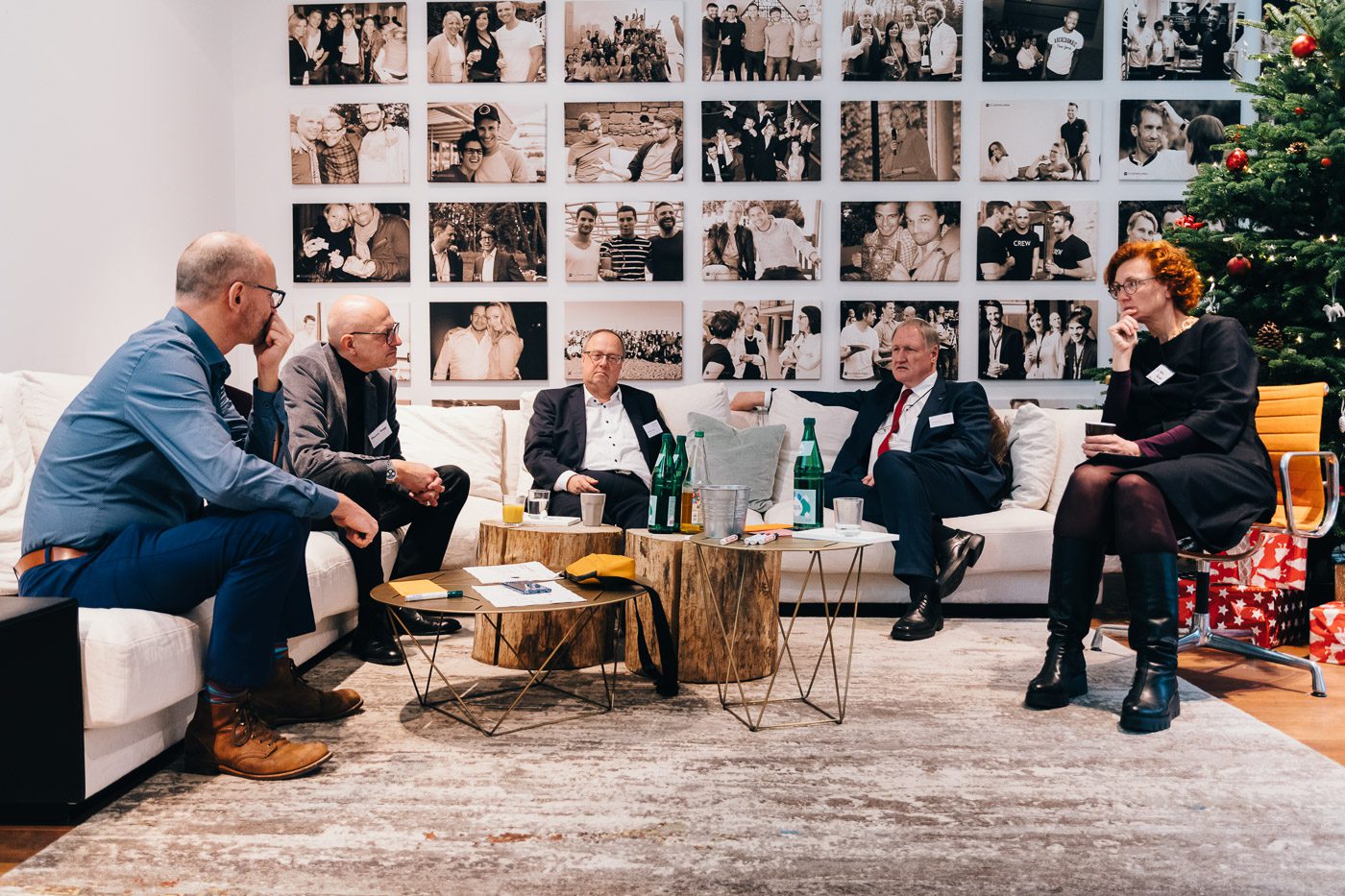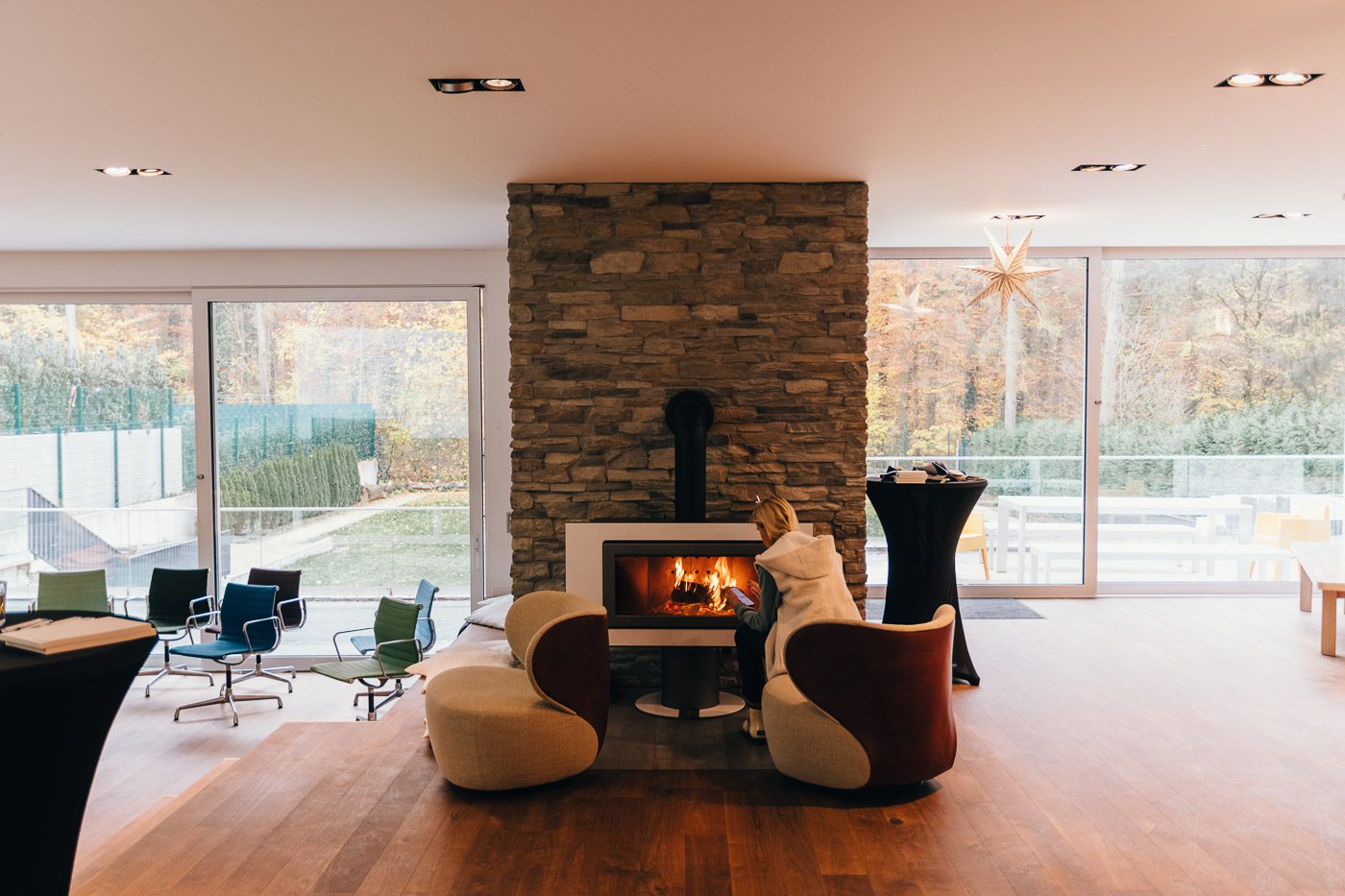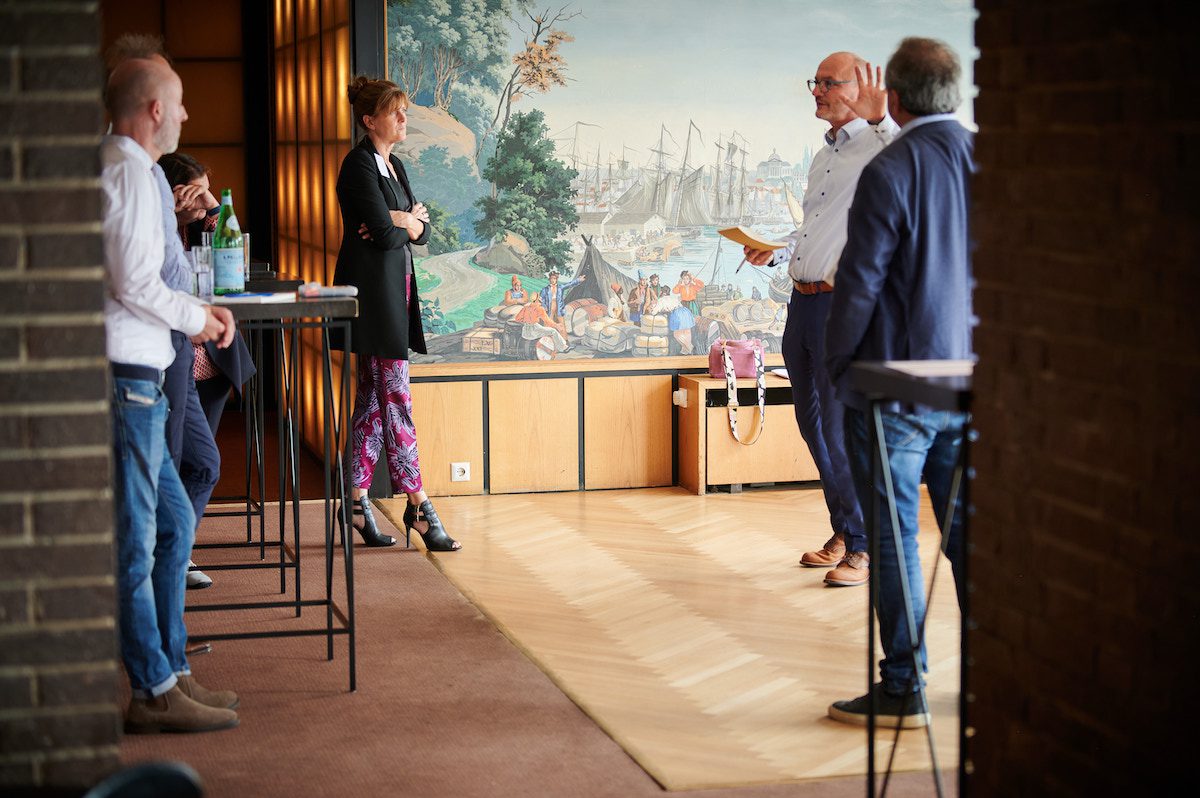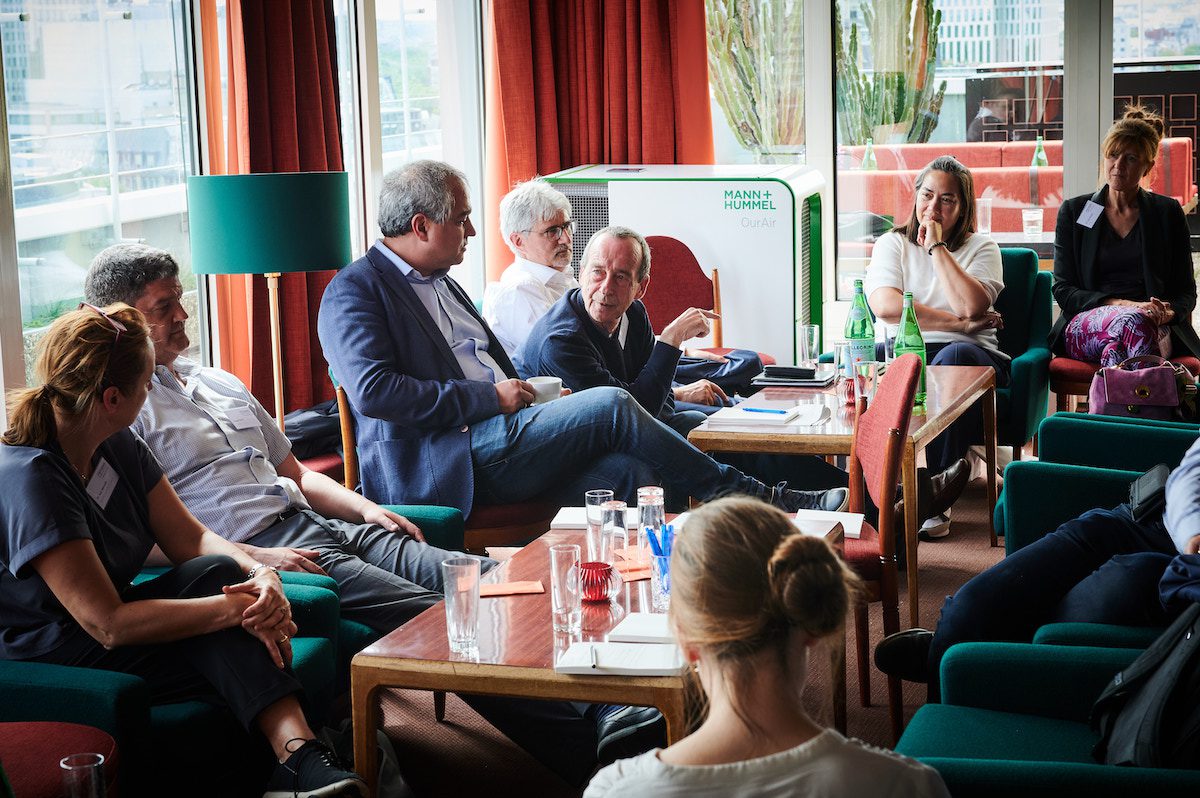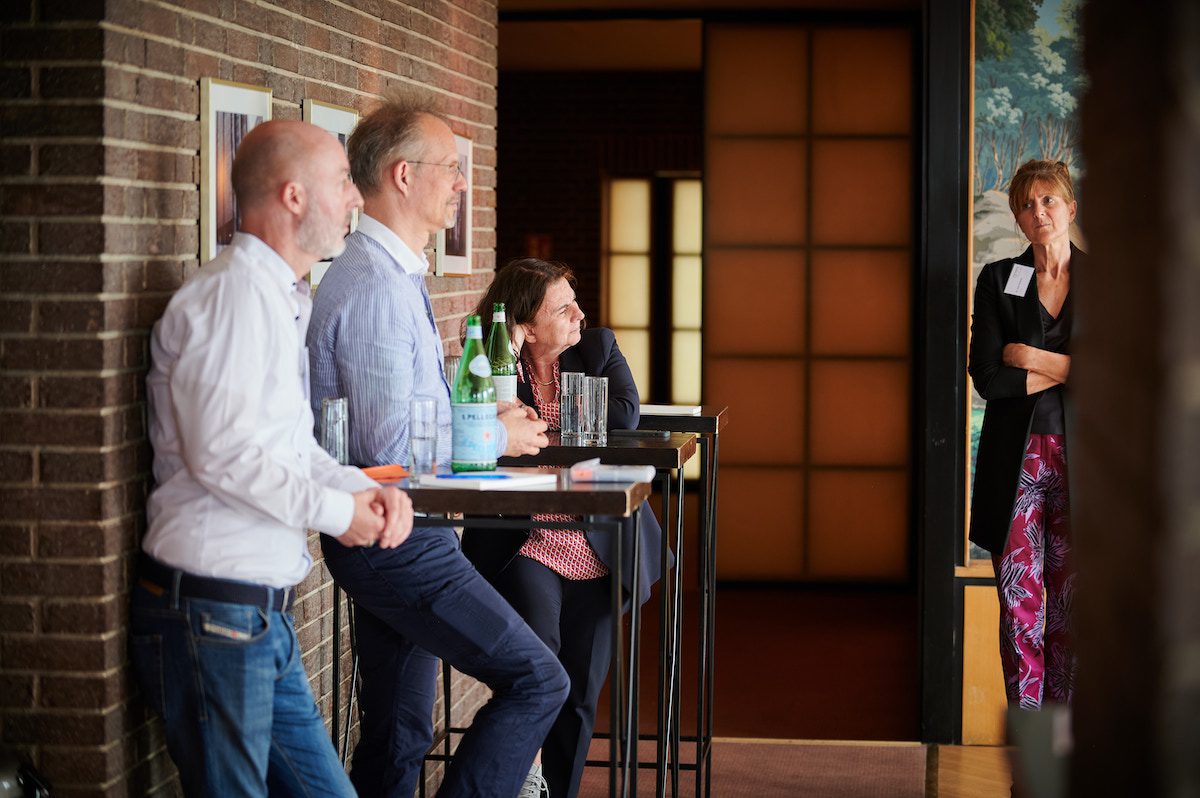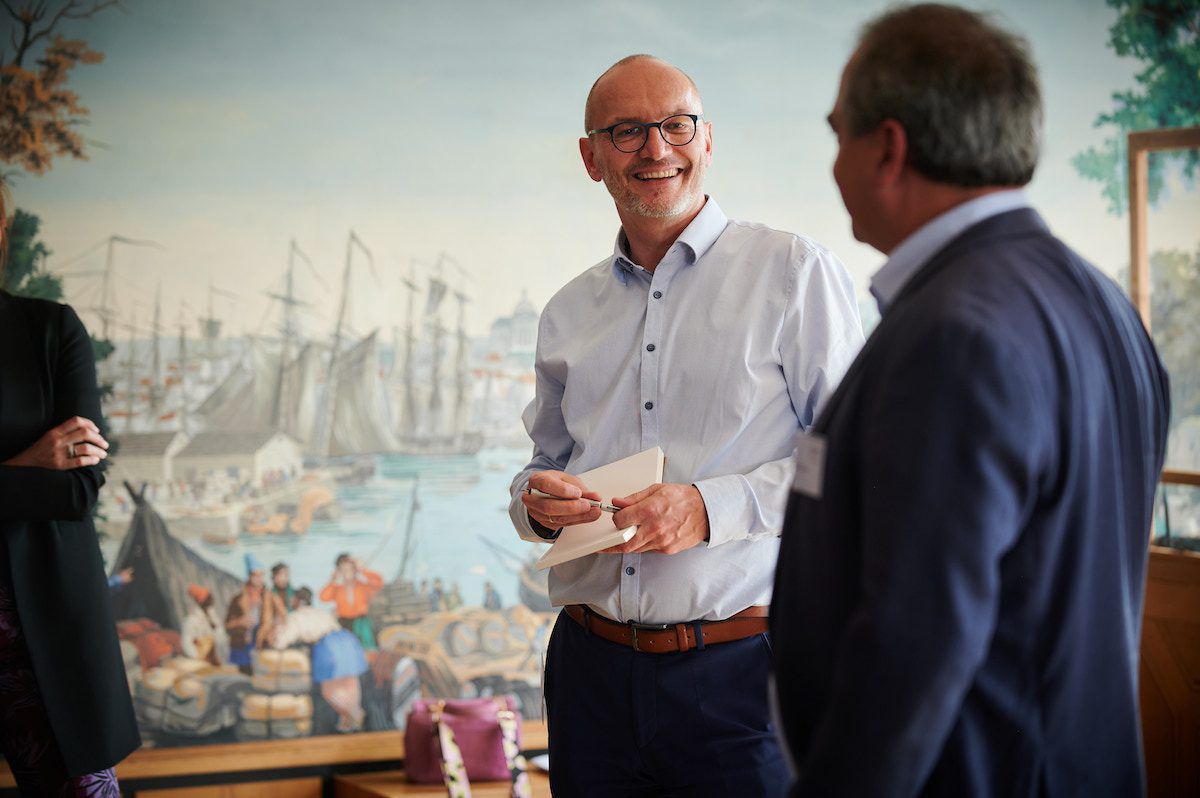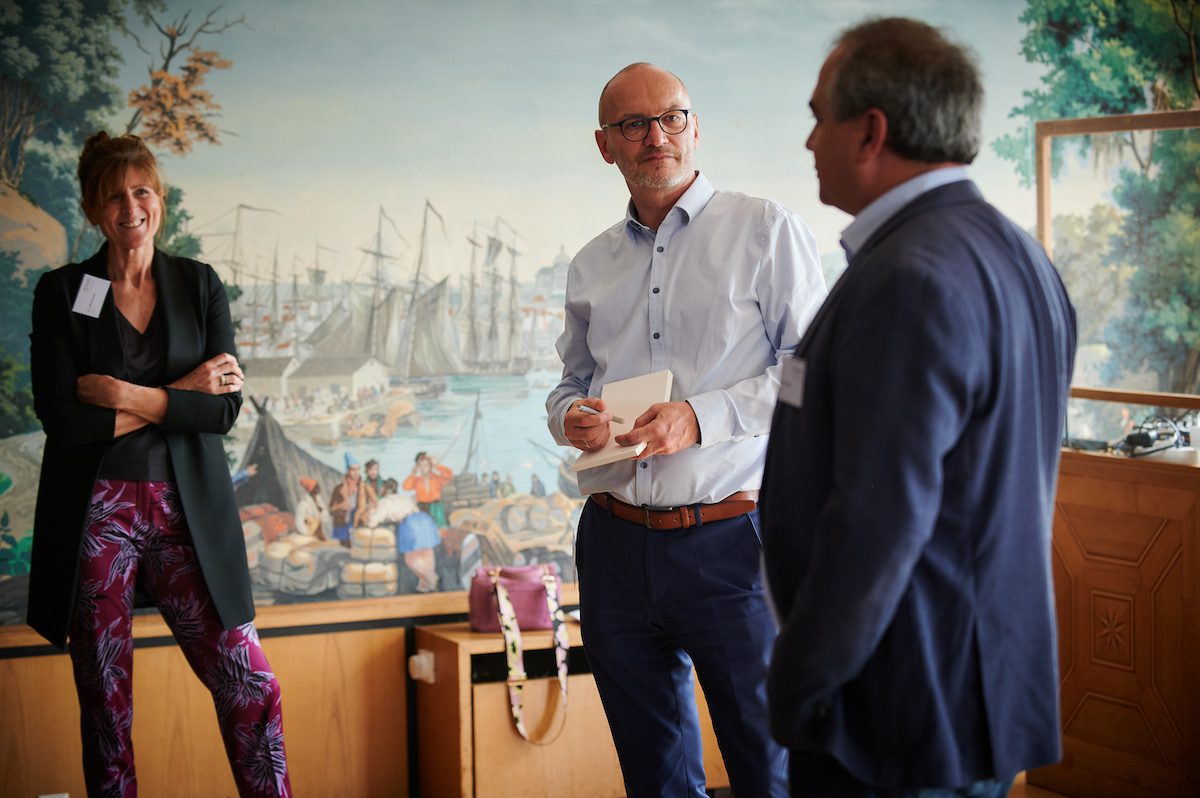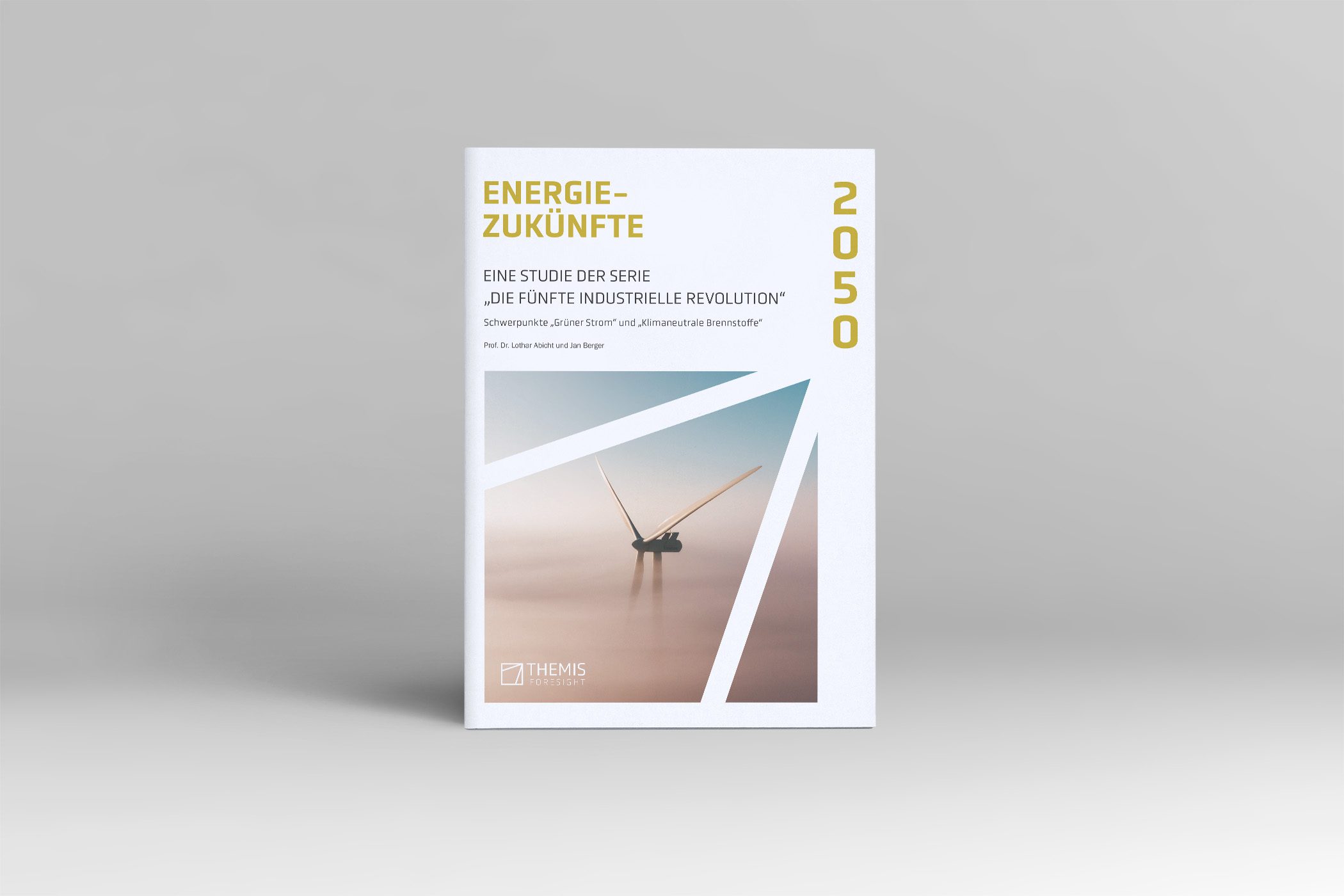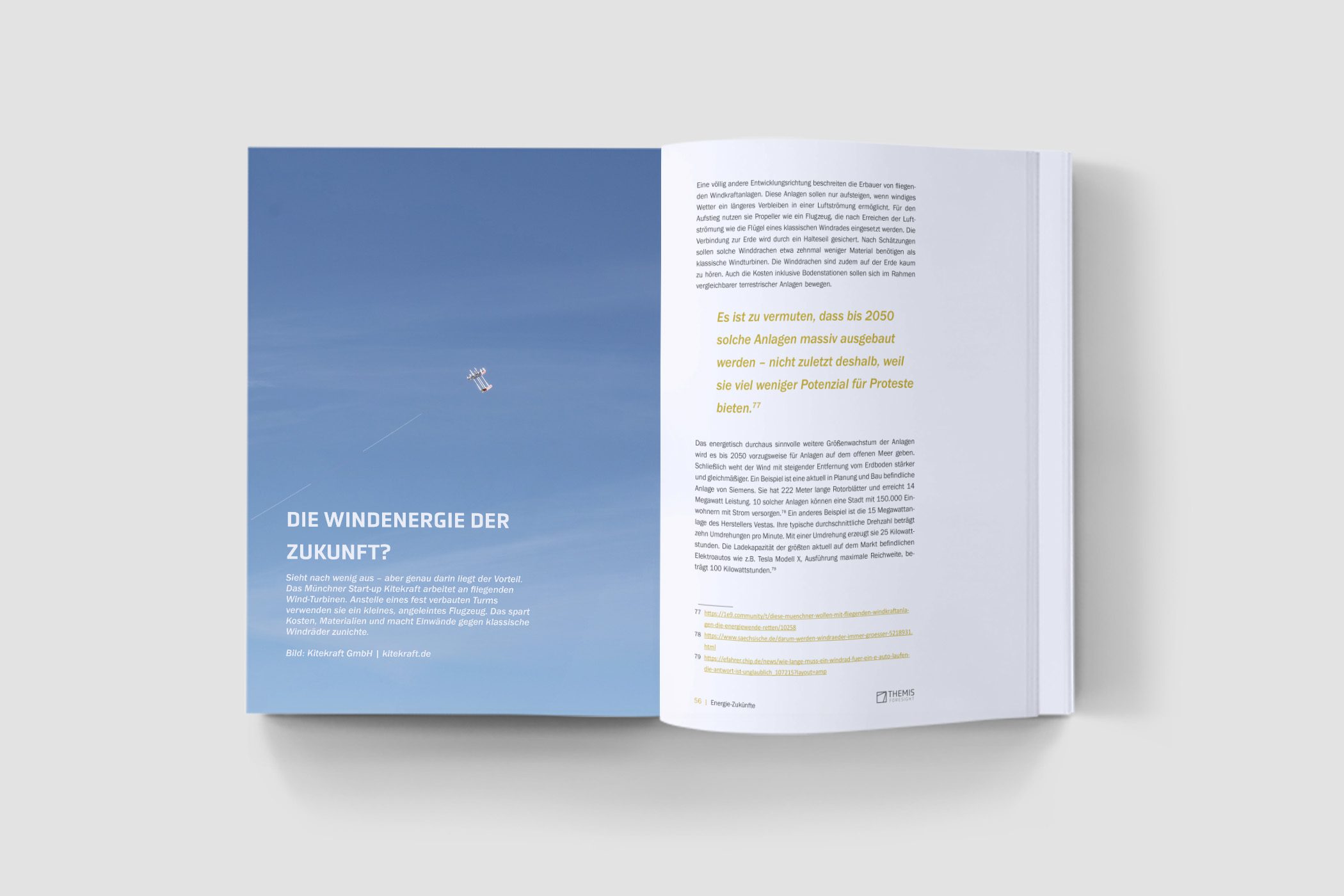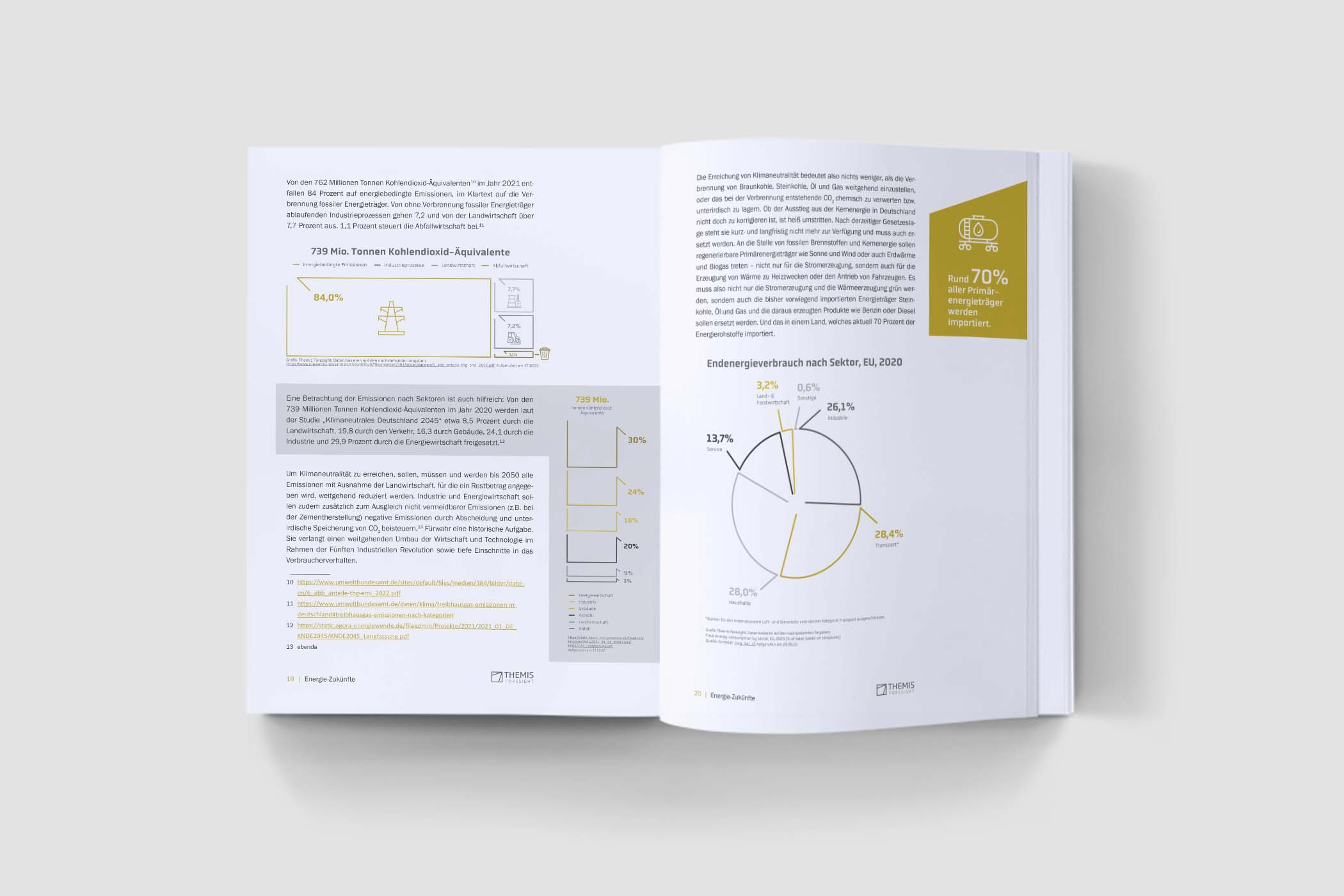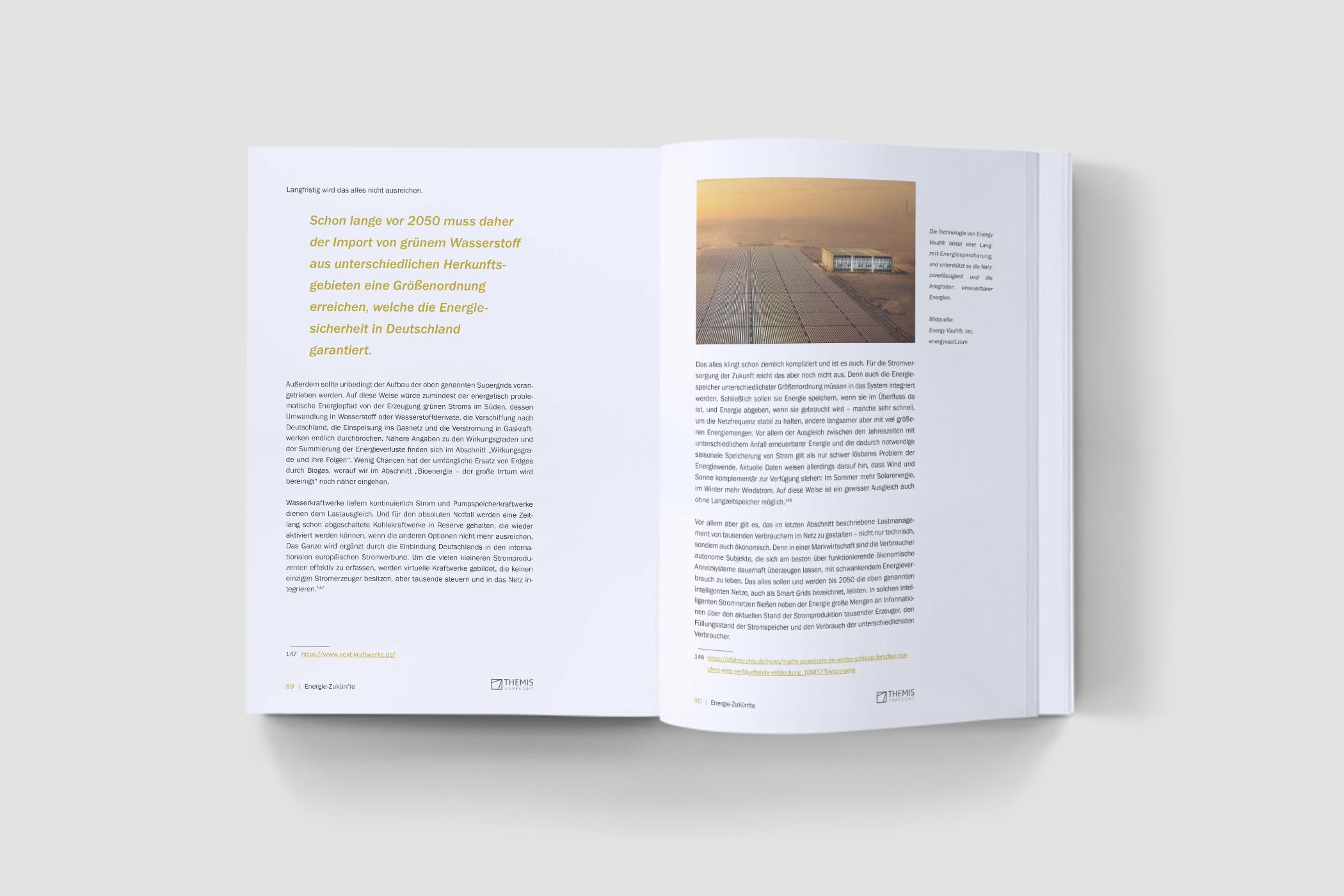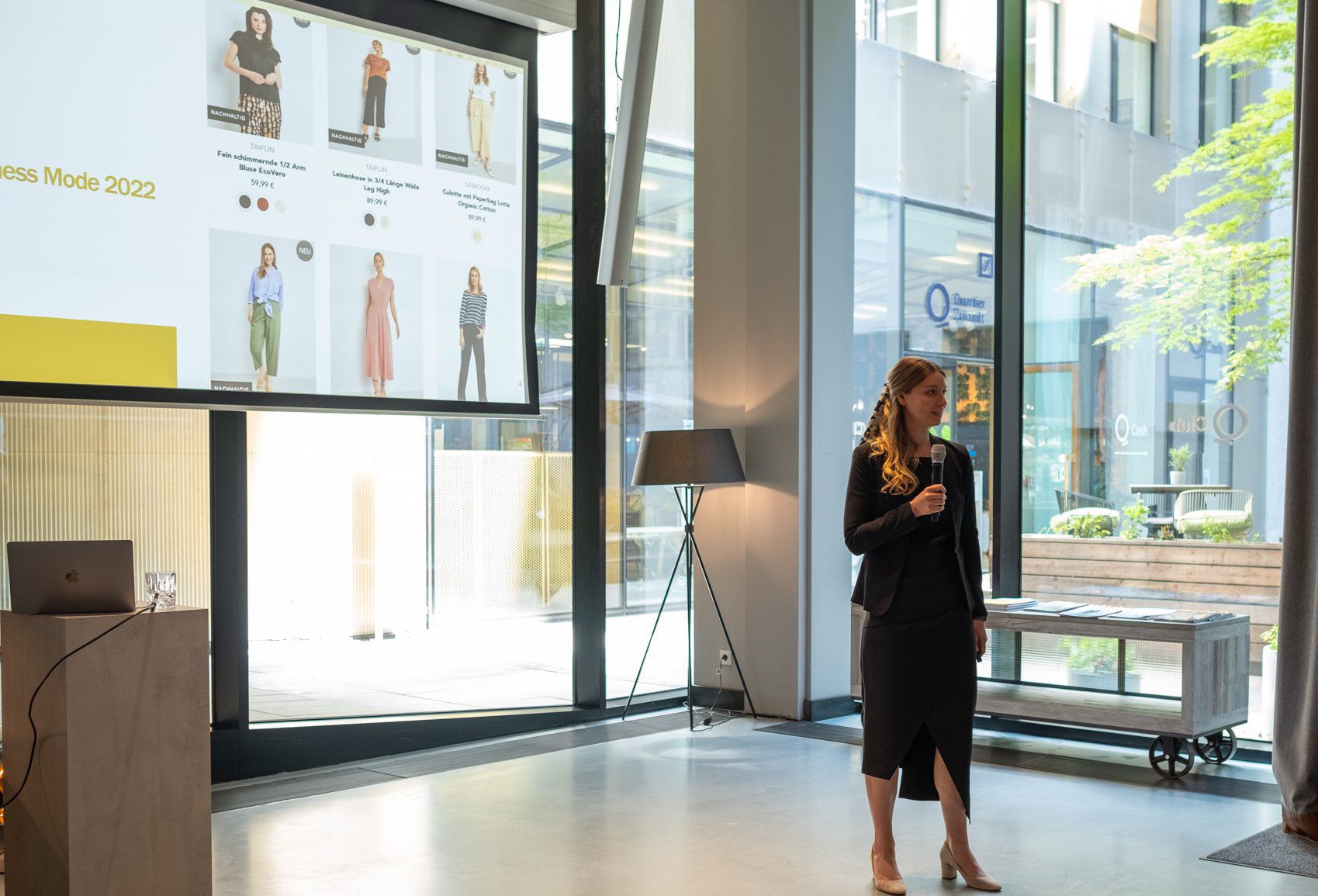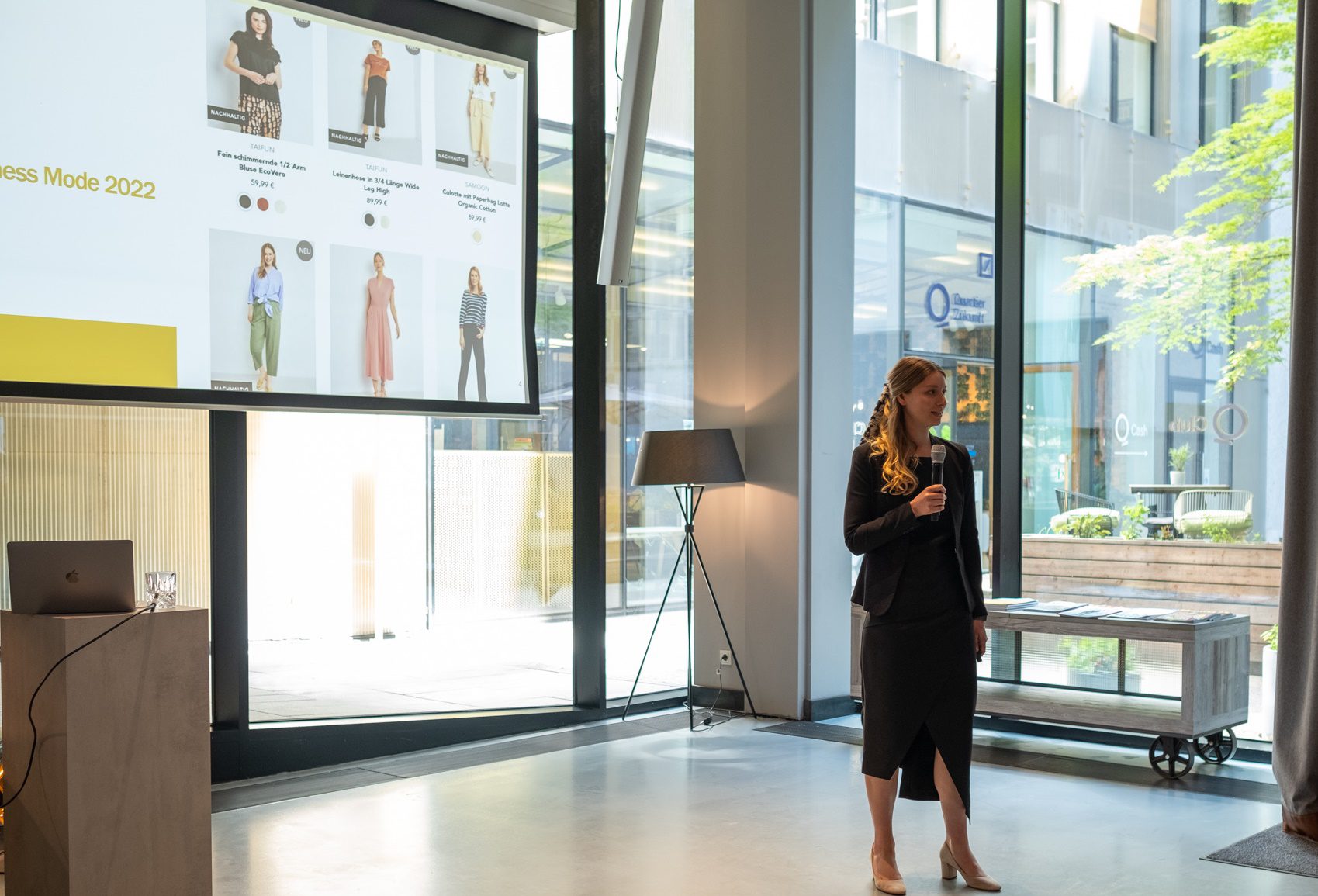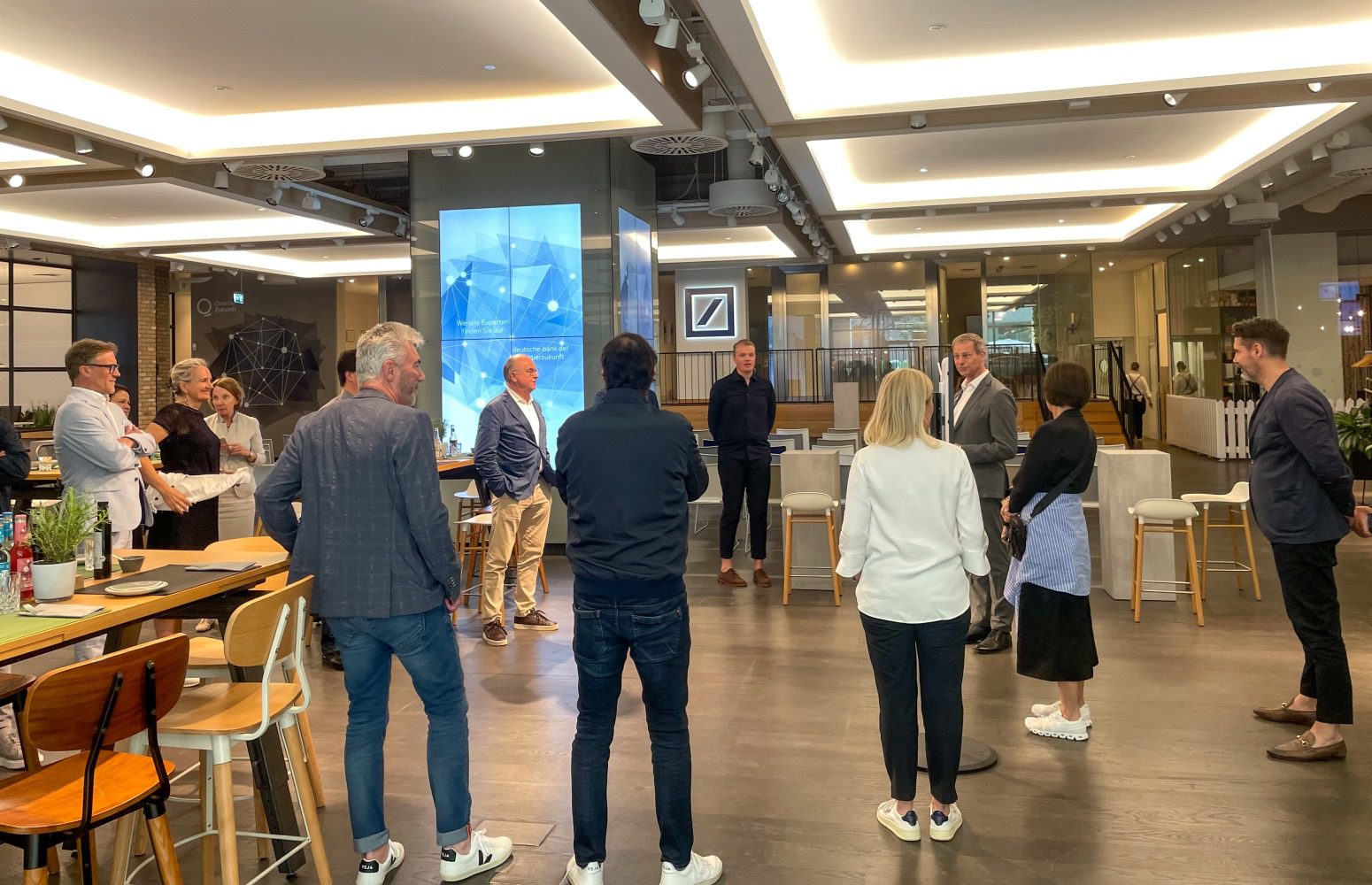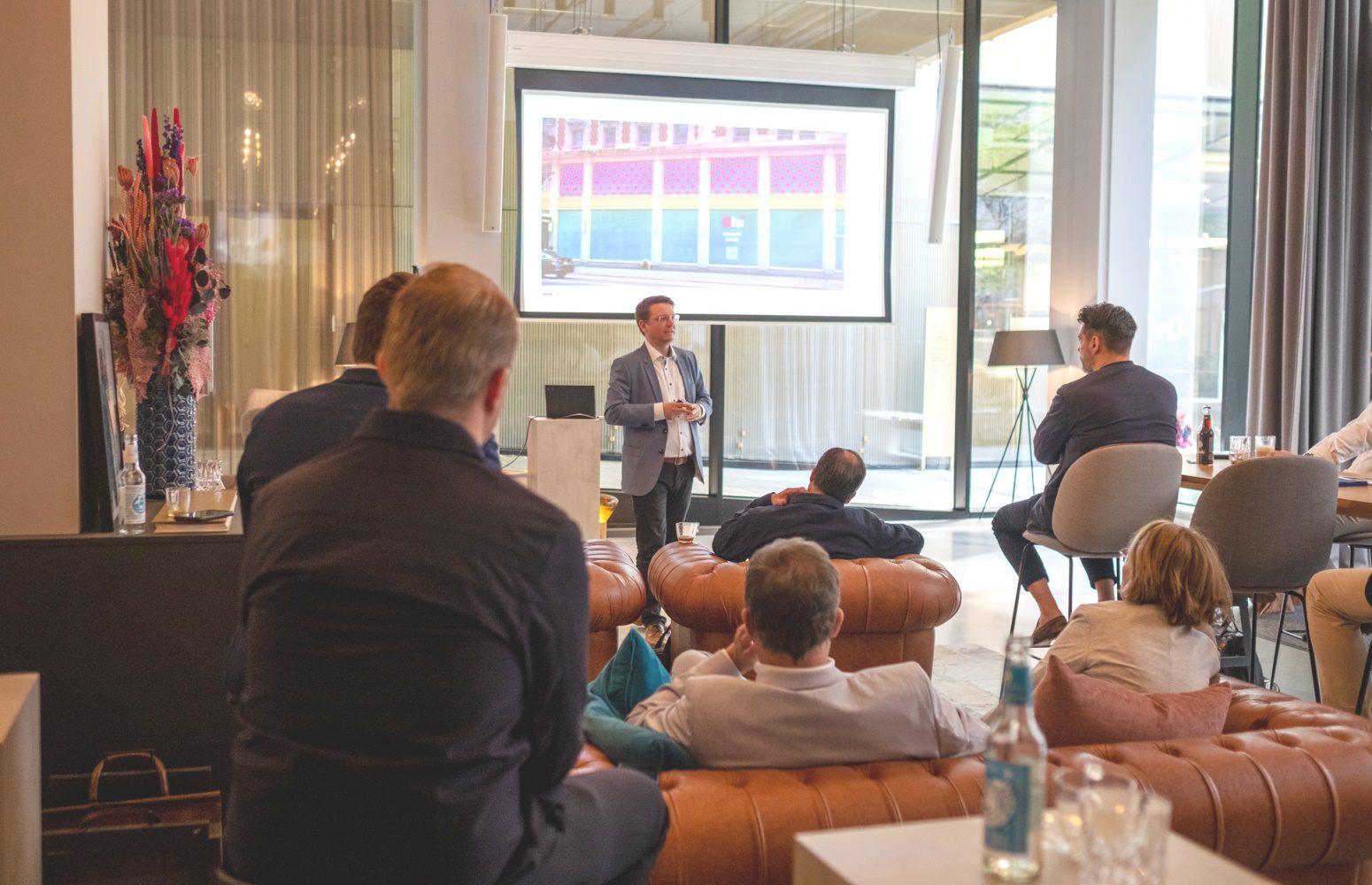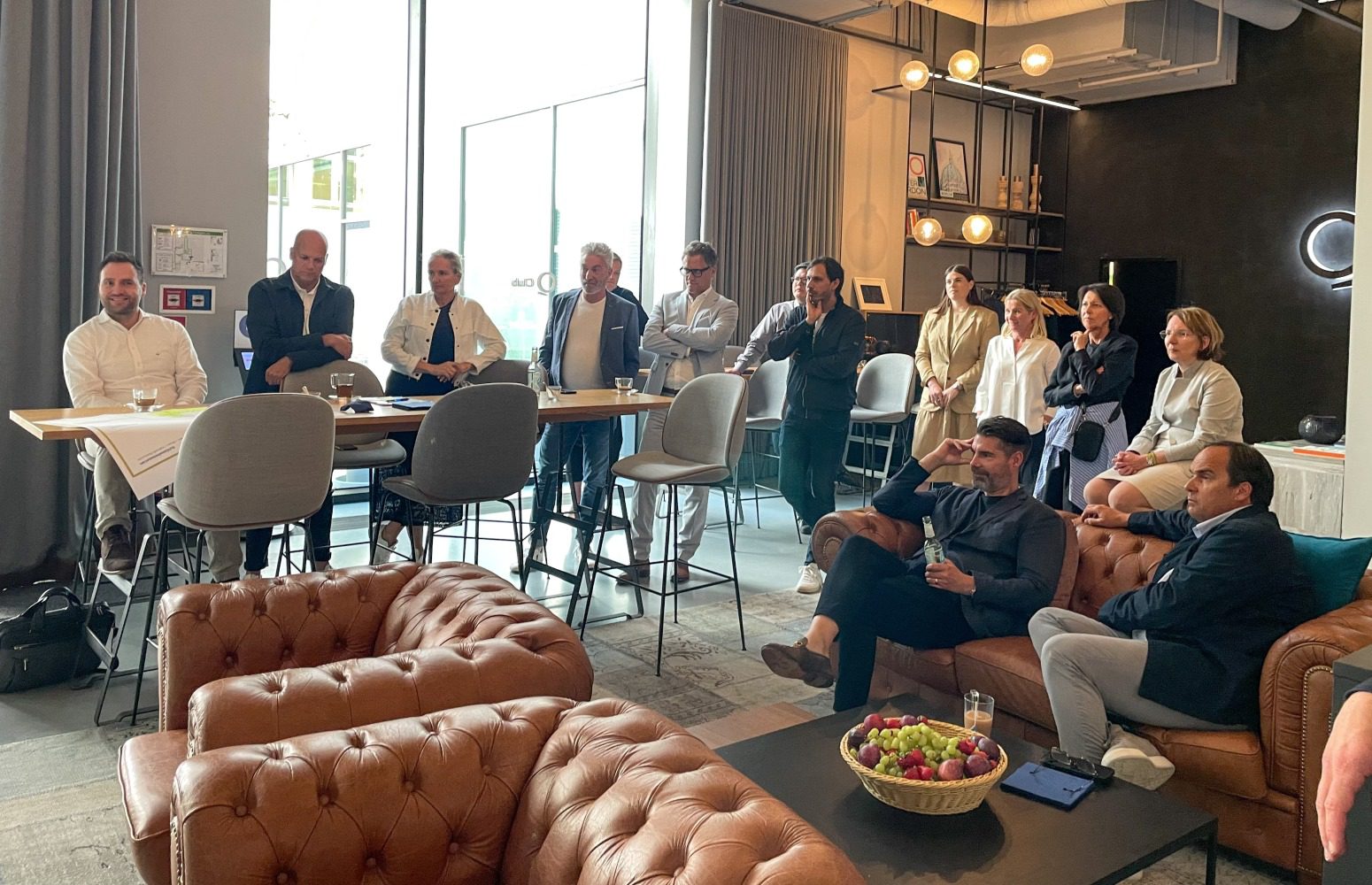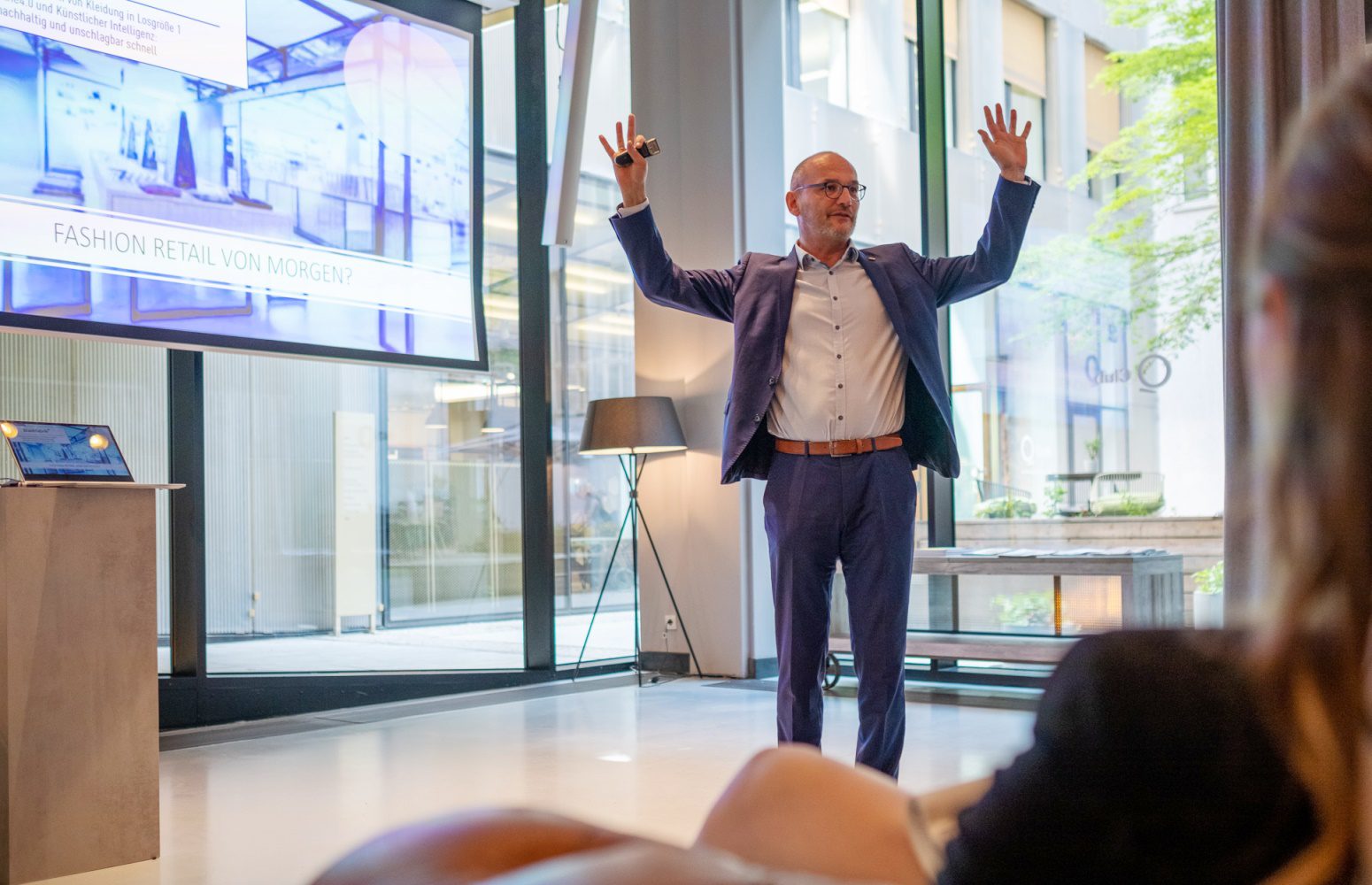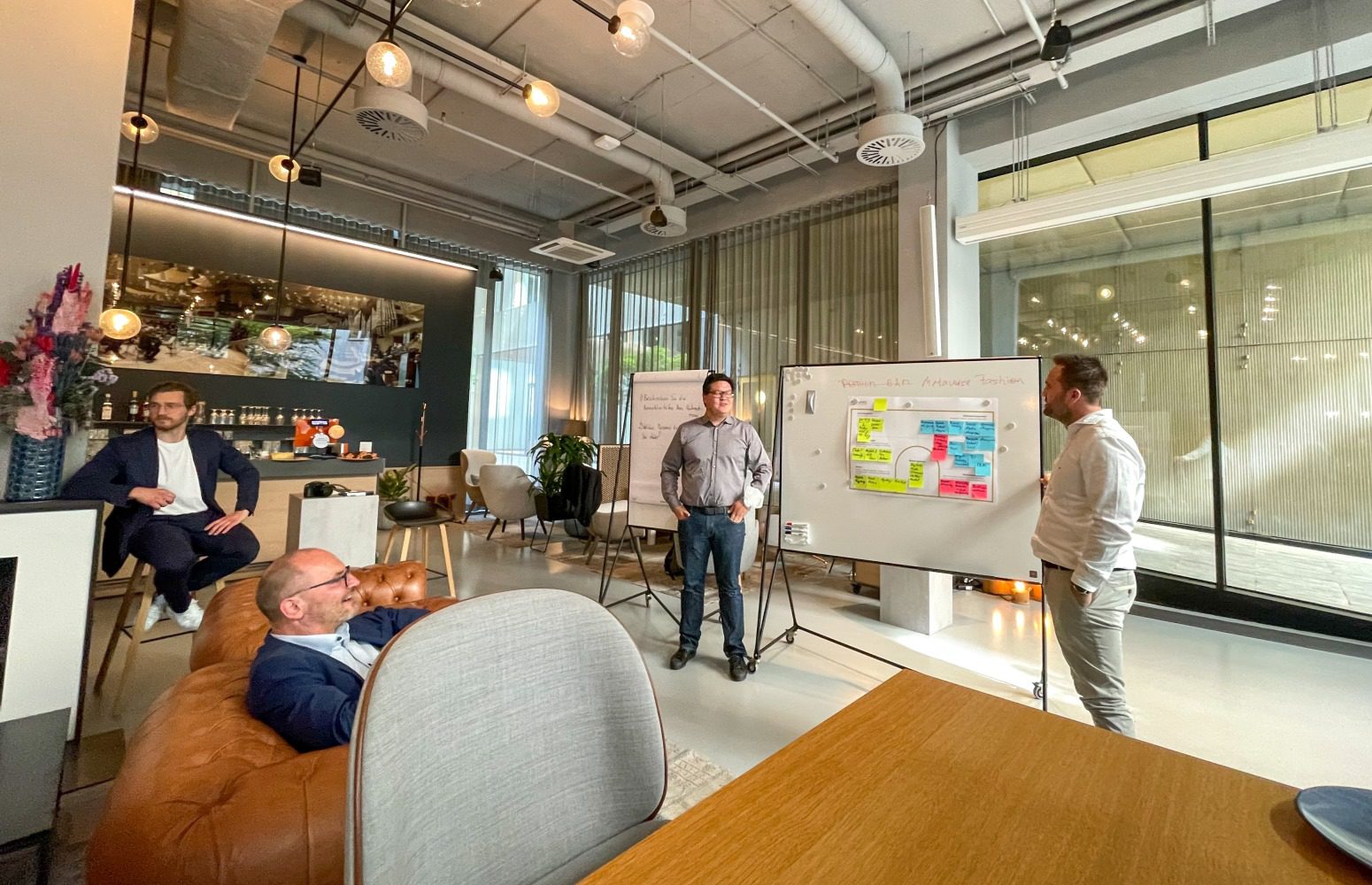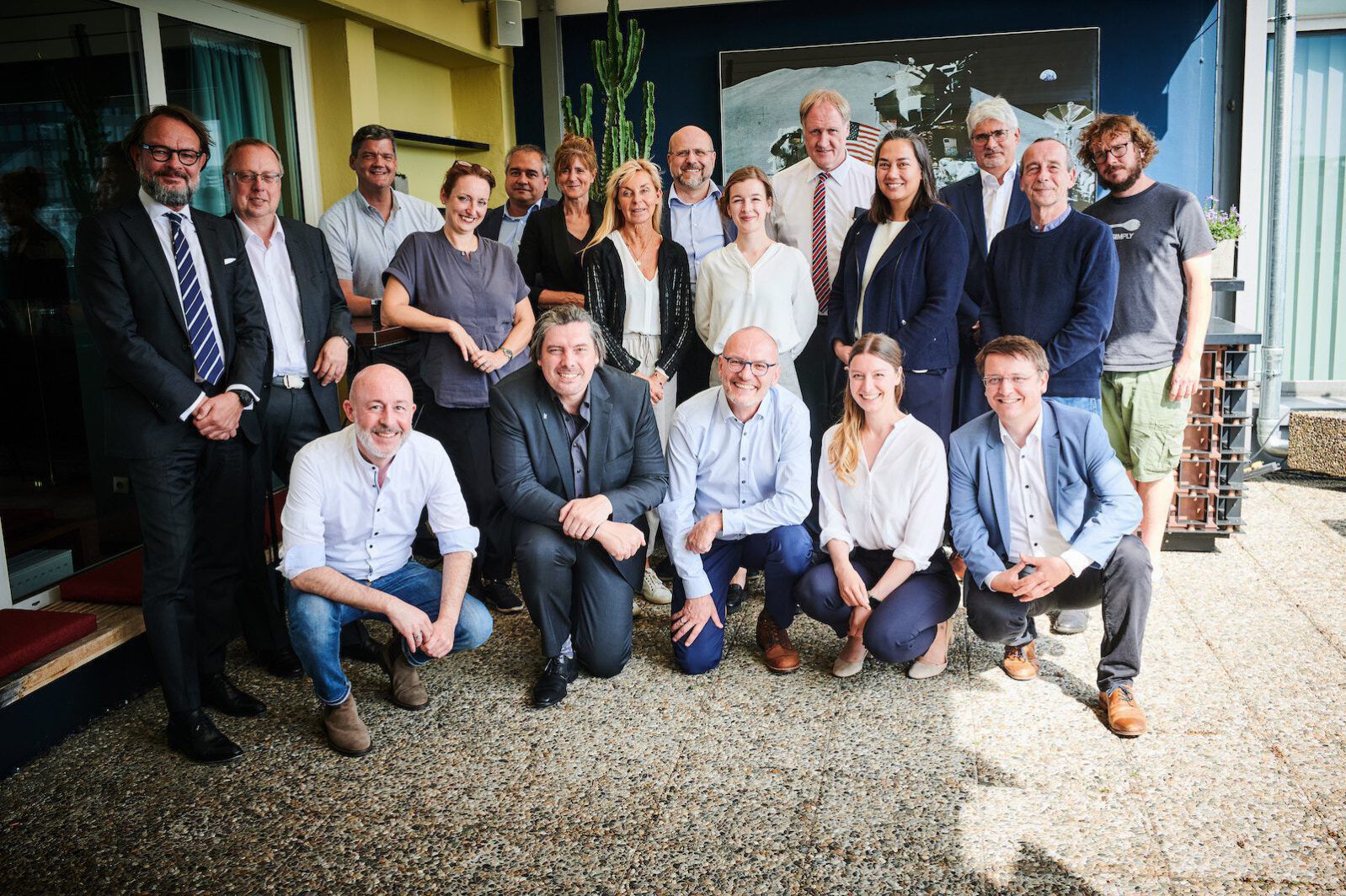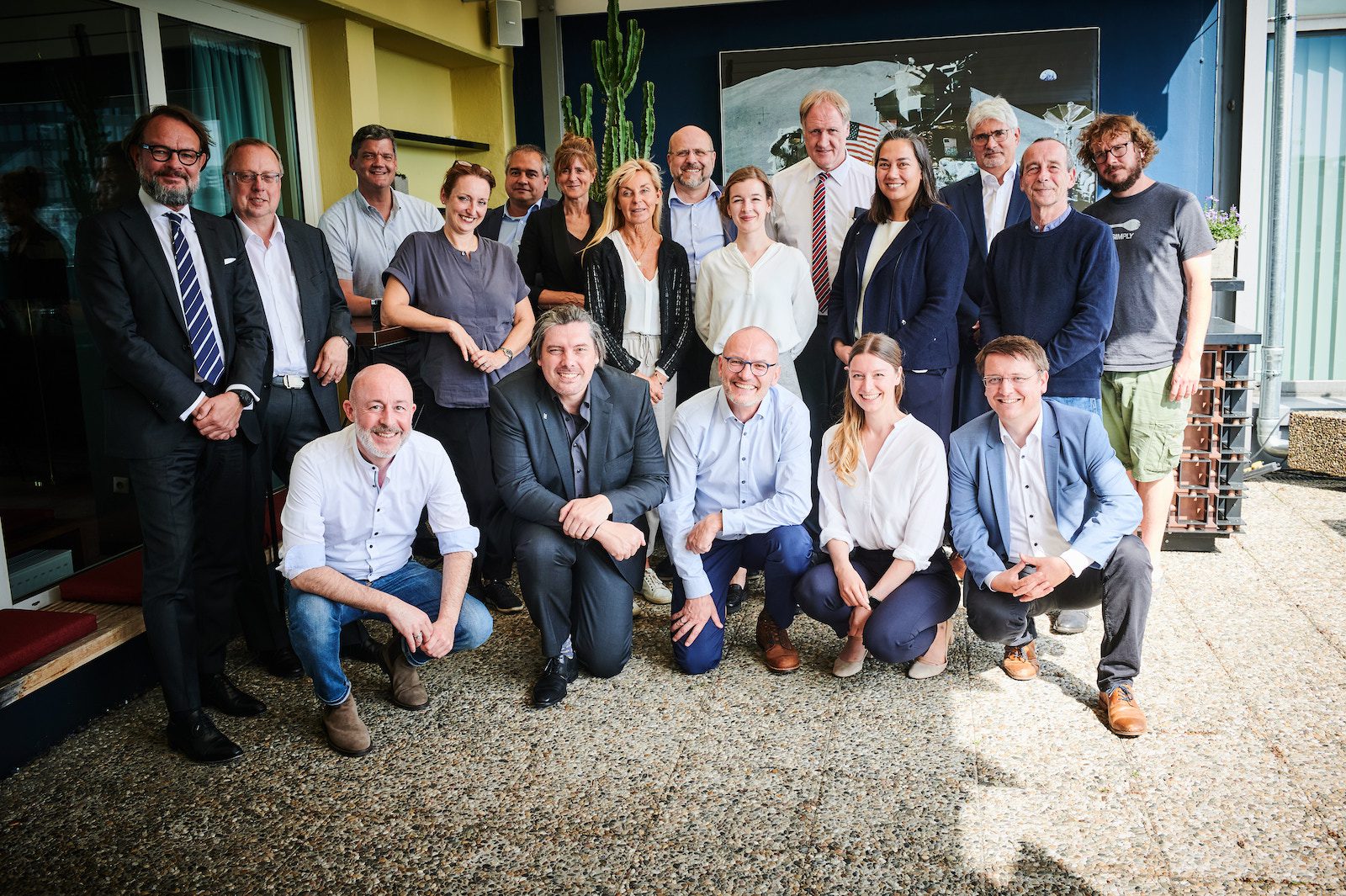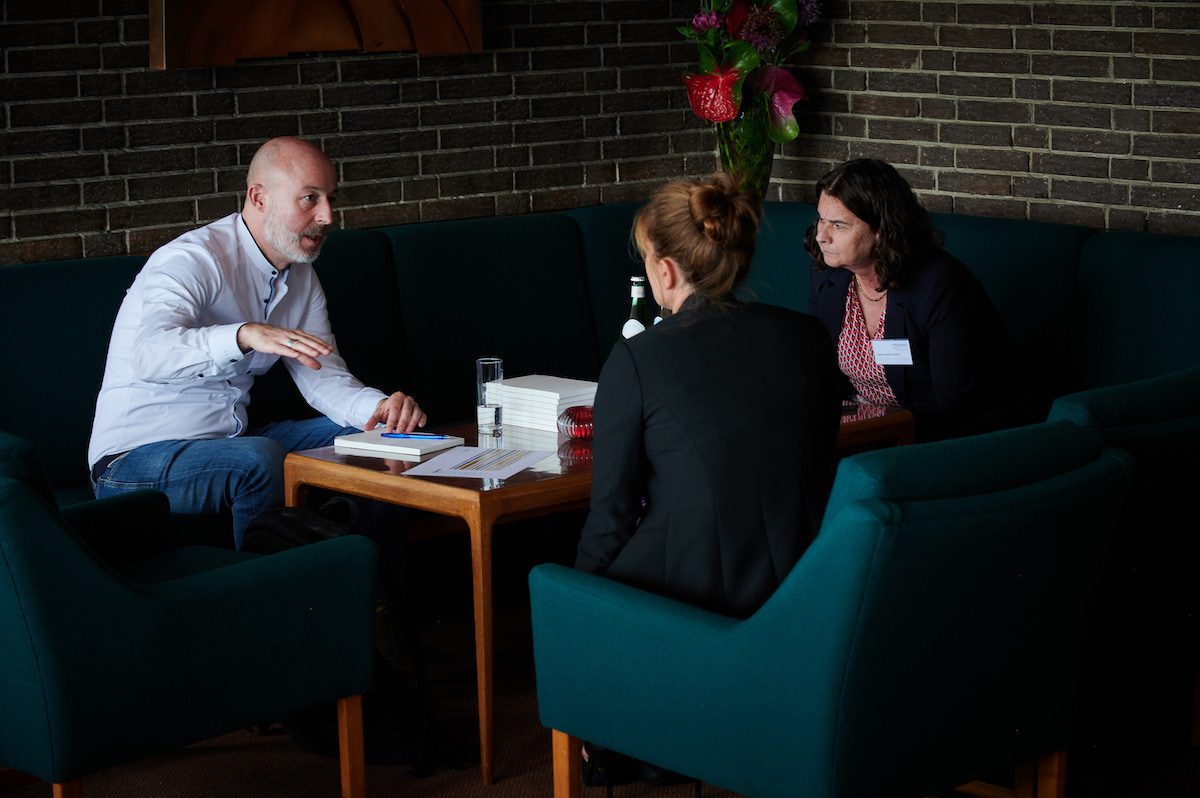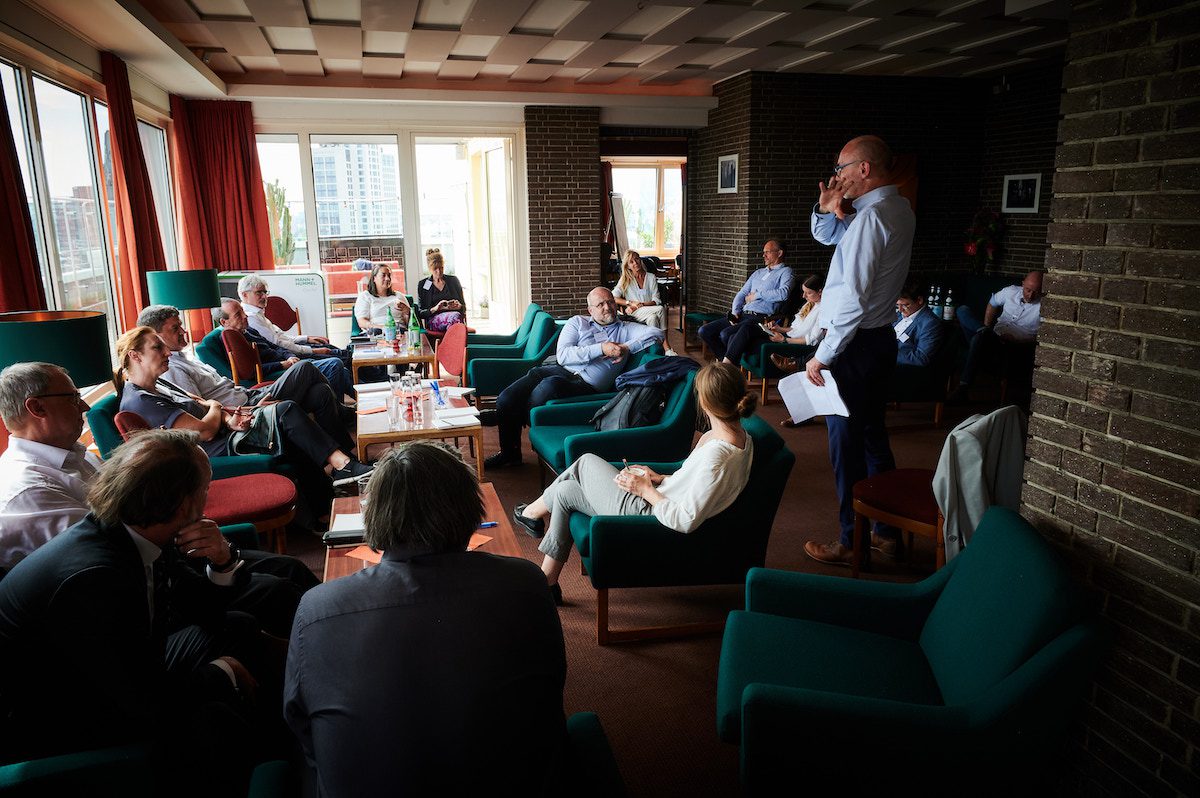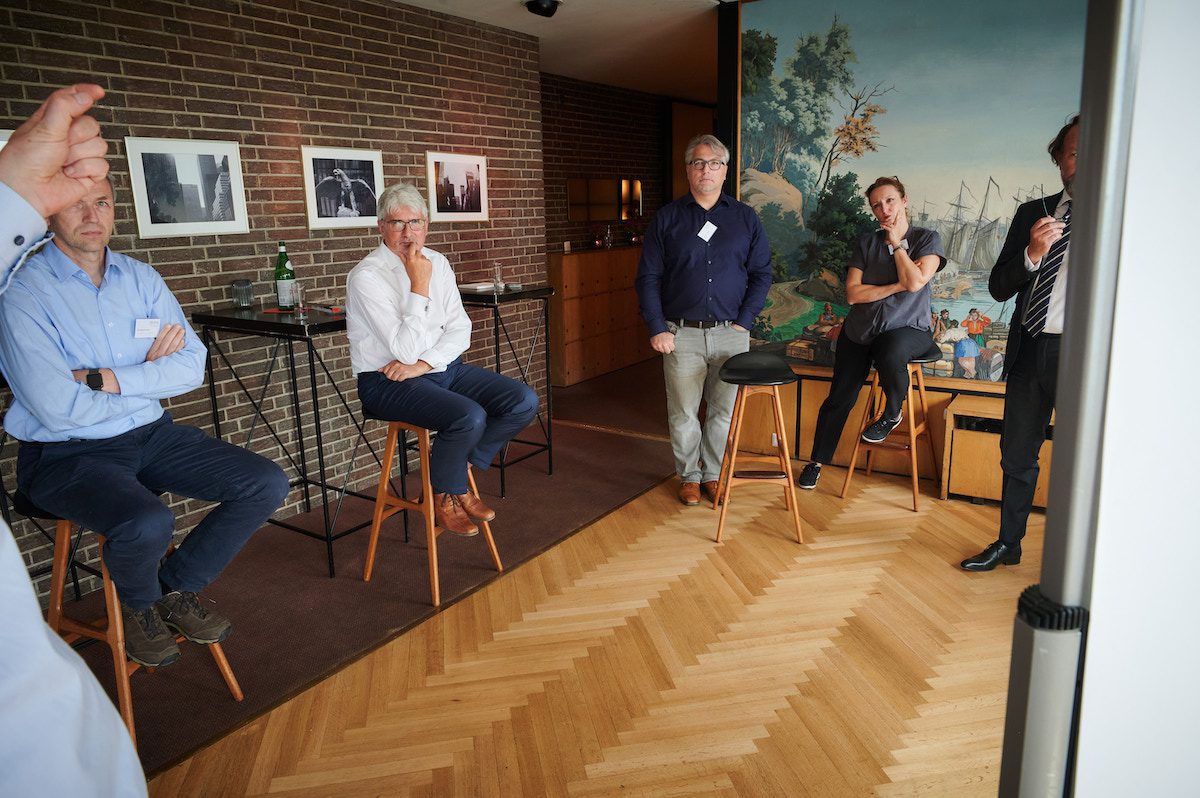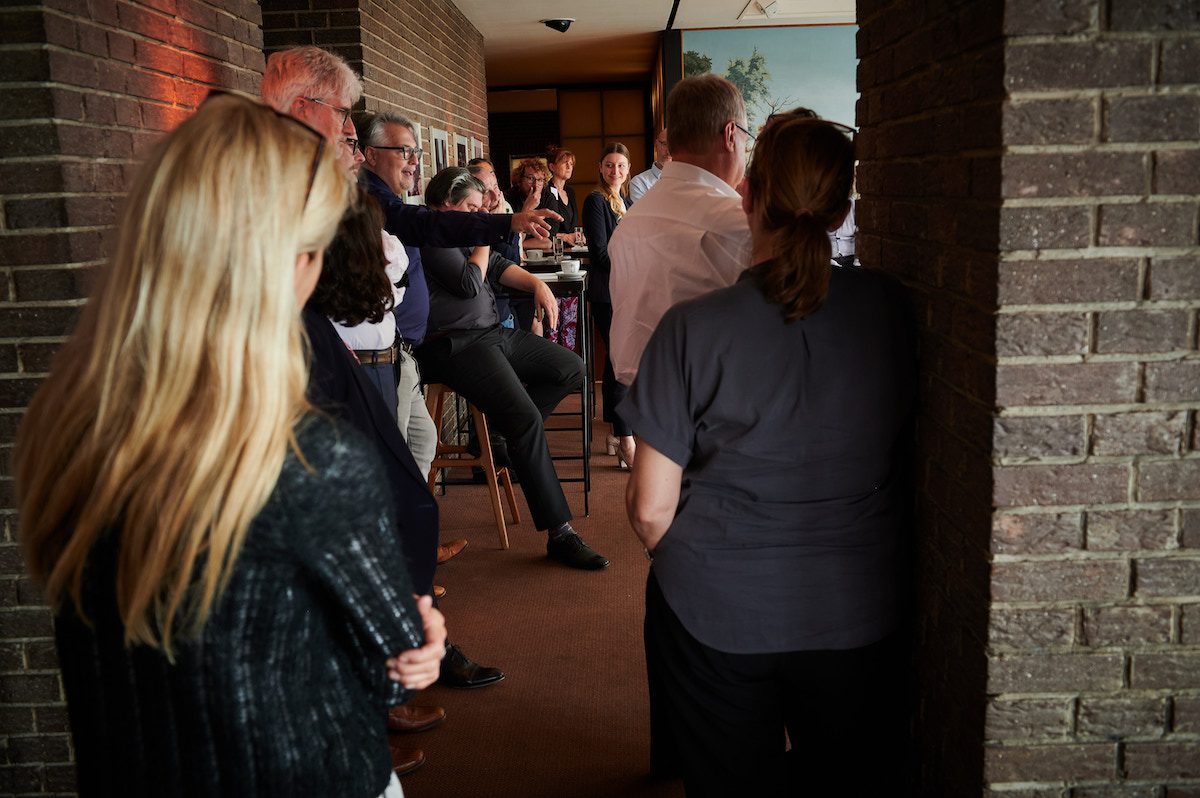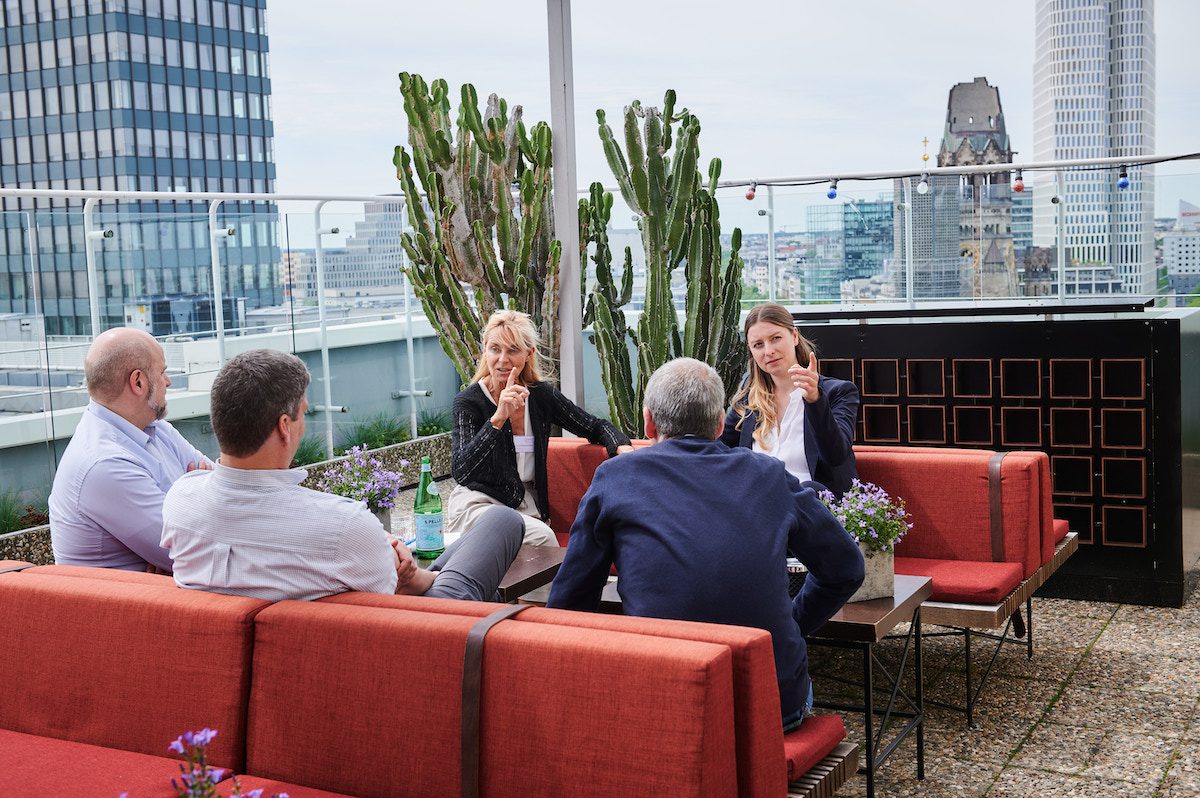Die Zukunft des europäischen Kapitalmarkts
Zum Download der Studie:
Zunächst die guten Nachrichten: Laut Bloomberg NEF sind die Investitionen in den Übergang zu sauberer Energie im Jahr 2023 um 17 % gestiegen und haben 1,8 Billionen USD erreicht. Die schlechten Nachrichten: Um bis 2050 Netto-Null-CO2-Emissionen zu erreichen, werden von 2024 bis 2030 jährlich 4,8 Billionen USD benötigt.
Ermutigend ist, dass genügend Kapital auf dem Markt vorhanden ist, um dieses Ziel zu erreichen. Allerdings scheint es angesichts der derzeitigen Funktionsweise des europäischen Kapitalmarkts fraglich, ob die EU in der Lage sein wird, ihren Anteil an den benötigten 4,8 Billionen USD für die Netto-Null-Transformation aufzubringen.
- Der Kapitalmarkt der EU ist in 27 Gesetzgebungen fragmentiert, und neben den bestehenden Vorschriften werden weitere EU-weite Regulierungen hinzukommen (wie z. B. CSRD-Berichterstattung). Doch die von Ex-EU-Kommissionspräsident Jean-Claude Juncker 2014 vorgeschlagene Kapitalmarktunion gewinnt nicht das nötige Momentum, um Realität zu werden.
- Im Vergleich zum US-Kapitalmarkt scheint der europäische weniger leistungsfähig zu sein. Während die EU eine höhere allgemeine Investitionsquote (Investitionen im Verhältnis zum BIP) als die USA aufweist, übertrifft die USA die EU bei „produktiven“ Investitionen um 2 % des BIP. Dies sind Vermögenswerte, die direkt für die wirtschaftliche Produktion genutzt werden, wie Ausrüstung, immaterielles Geschäftskapital und Infrastruktur, im Gegensatz zu nicht-produktiven Vermögenswerten wie z.B. Wohngebäuden. Bei Investitionen in nicht-bauliche Vermögenswerte wie Maschinen, Ausrüstung und geistiges Eigentum vergrößert sich die Lücke zugunsten der USA auf 3,8 % des BIP.
- Das europäische Bankensystem hält Vermögenswerte in Höhe von 300 % des BIP der EU, während es in den USA nur 85 % sind. Doch die USA haben eine starke und aktive Vermögensverwaltungsbranche.
- Banken müssen aus guten Gründen eine Kernkapitalquote nachweisen. Daher sind Banken im Vergleich zur Vermögensverwaltungsbranche bei der Übernahme von Risiken eingeschränkt. Und soweit Banken in der Betriebsphase von Energieübergangsprojekten investiert sind, dauert es lange, Kapital für neue Investitionen zu erwirtschaften.
Diese Fakten werfen die Frage auf: Brauchen wir eine radikale Reform der Struktur und Funktionsweise des europäischen Kapitalmarkts?
Themis Foresight befindet sich in der Endphase der Veröffentlichung einer Studie über die Zukunft des europäischen Kapitalmarkts. Diese Studie untersucht Alternativen zur aktuellen Kapitalmarktstruktur. Wir laden Sie ein, gespannt zu bleiben, wenn wir die Studie Ende August veröffentlichen.
Alle vier Szenarien mögen auf den ersten Blick illusorisch und „unmöglich“ erscheinen. Doch wir haben die Szenarien zu einem einzigen Zweck erstellt: Was muss getan werden, um die Netto-Null-Transformation der europäischen Industrie zu erreichen? Wir sind davon ausgegangen, dass in jedem Szenario die Netto-Null-Ziele erreicht werden. Dabei untersuchen wir zwei zentrale Veränderungsparameter:
- Wird der europäische Kapitalmarkt so fragmentiert bleiben wie bisher? Oder werden wir eine Kapitalmarktunion erreichen?
- Werden Banken weiterhin Vermögenswerte in Höhe von 300 % des BIP halten? Oder wird die europäische Vermögensverwaltungsbranche wachsen und mehr Risiken (und Chancen) der Netto-Null-Transformation übernehmen?
Wir freuen uns hier auf fundierte Kommentare unserer Leser, die die vier derzeit vorgeschlagenen Szenarien herausfordern, validieren und modifizieren können. Die Umfrage endet am 14. Juli um 23:59 Uhr.
Wir freuen uns darauf, die Ergebnisse unserer Studie Ende August zu veröffentlichen – wie gewohnt kostenlos.
Vielen Dank für Ihre Teilnahme!
Und allen, die bald einen wohlverdienten Sommerurlaub antreten – genießen Sie ihn, tanken Sie Energie auf, es gibt viel zu tun. Die Zukunft ist das, was wir daraus machen!
Mit besten Grüßen
Jan Berger & Carina Stöttner
